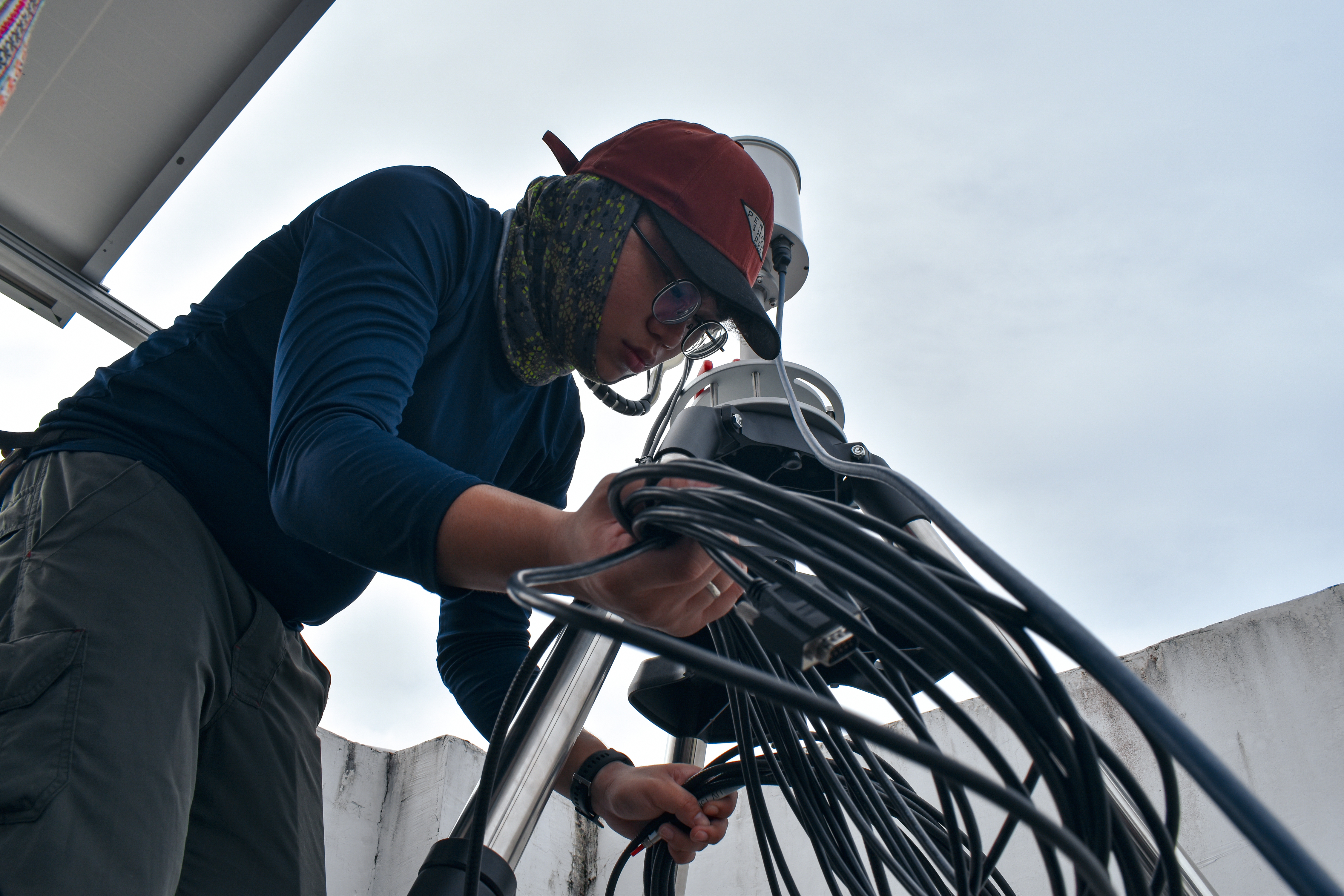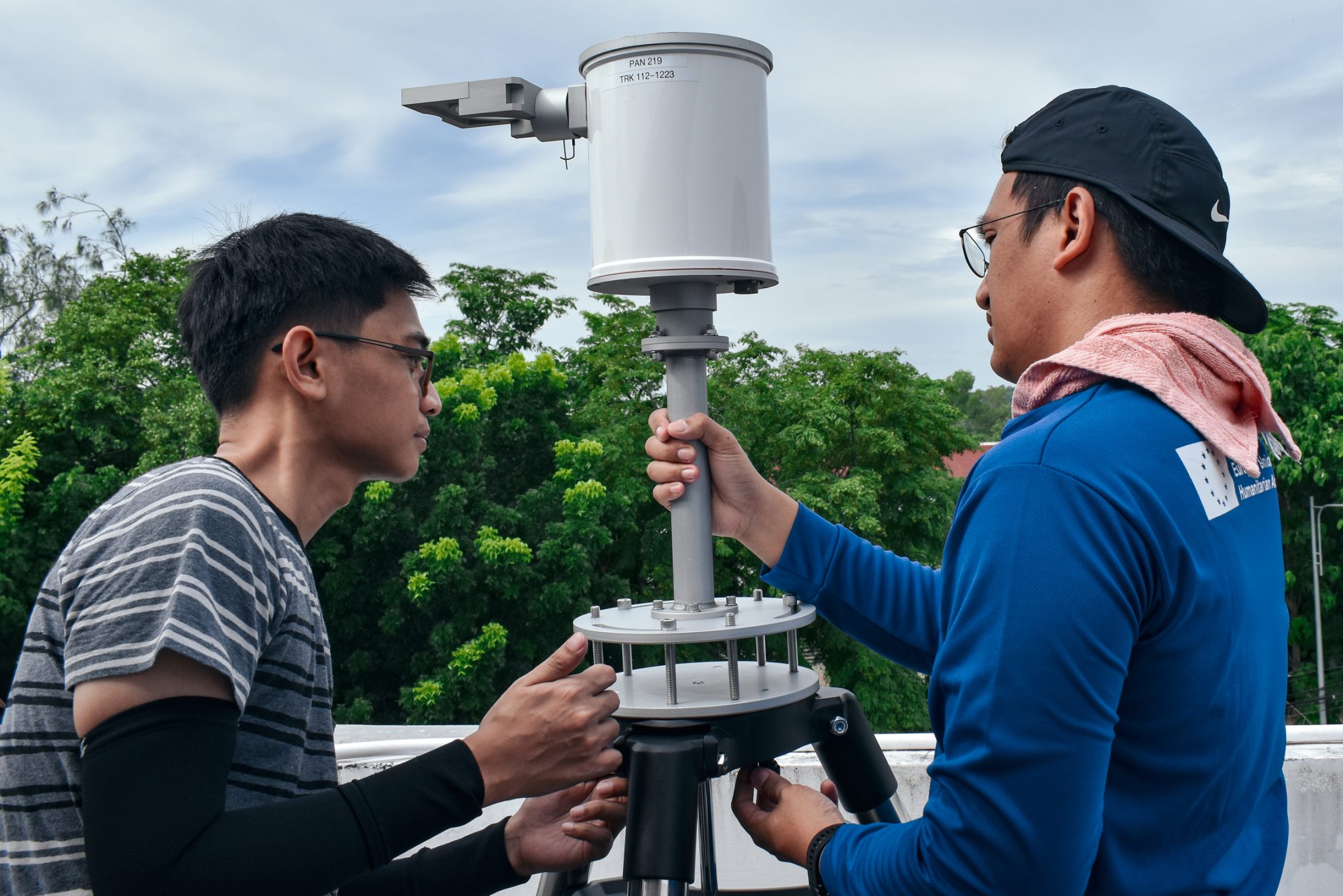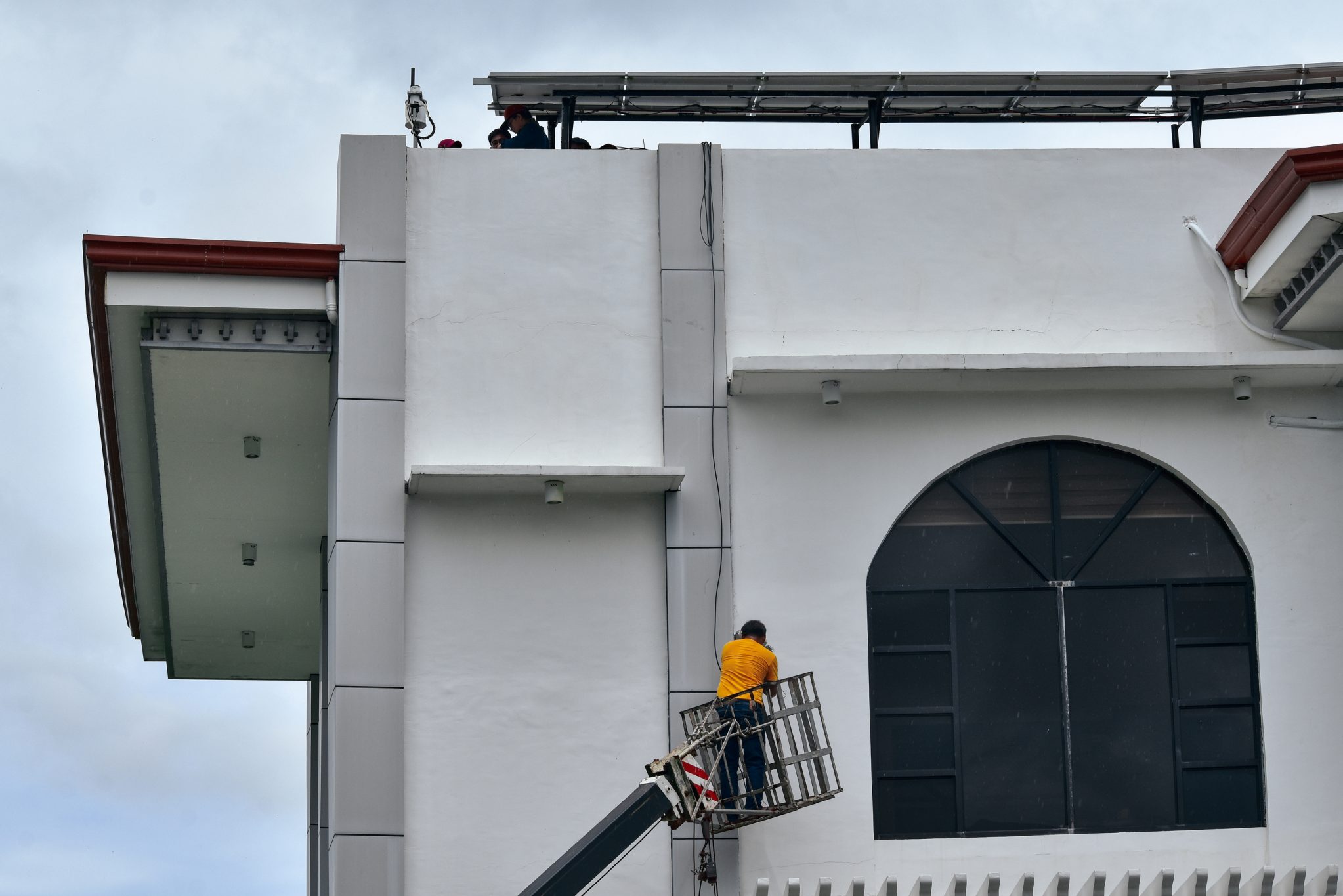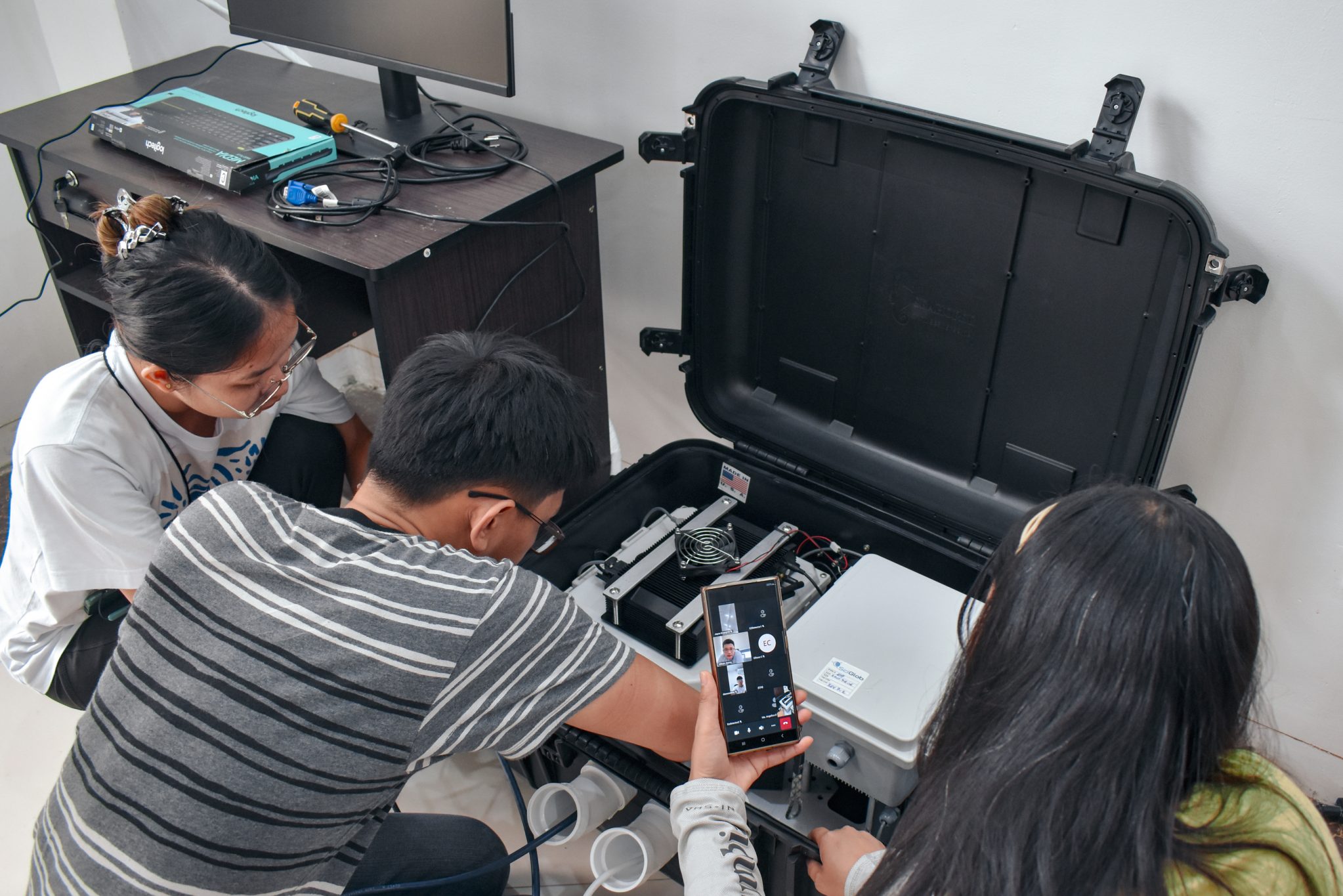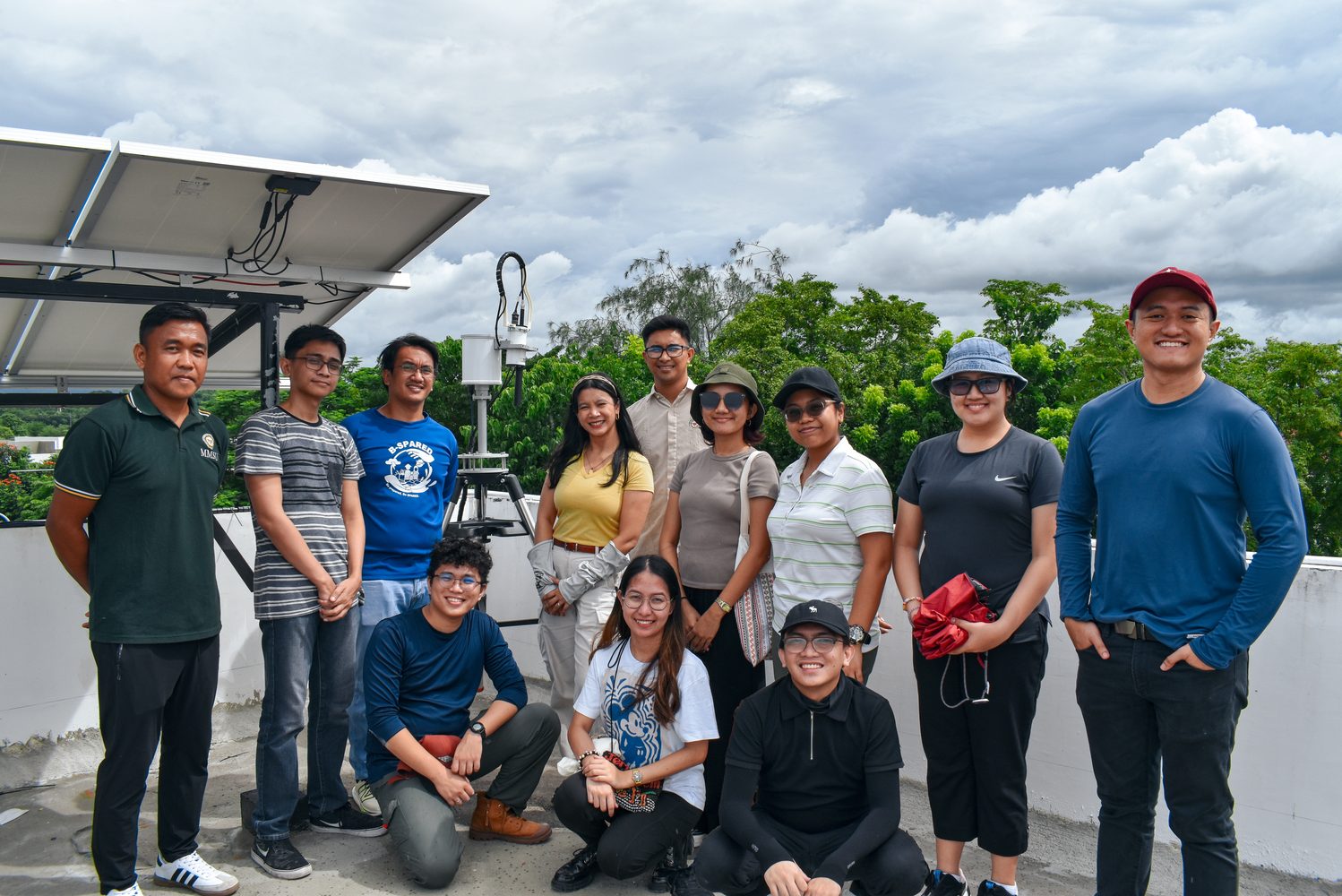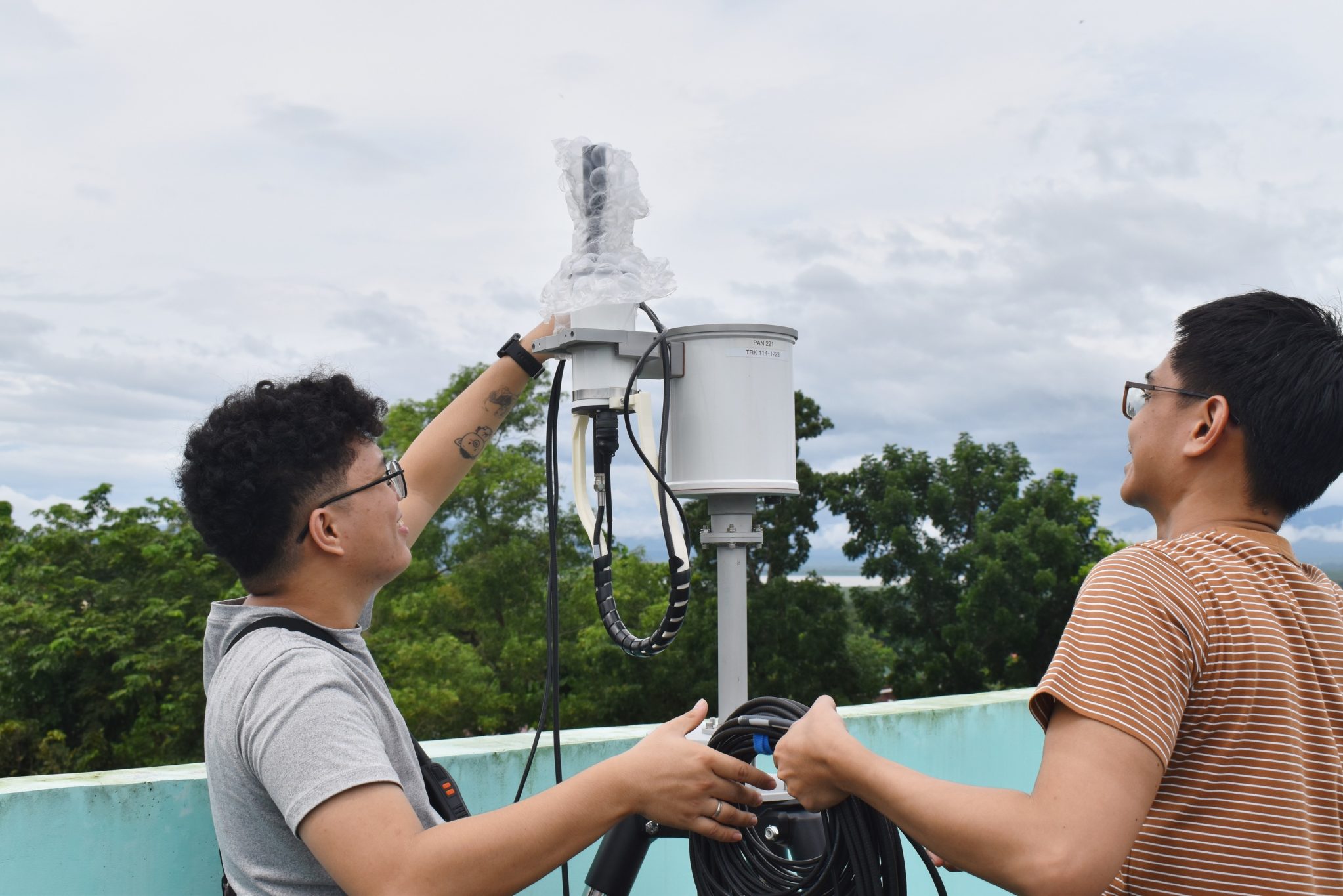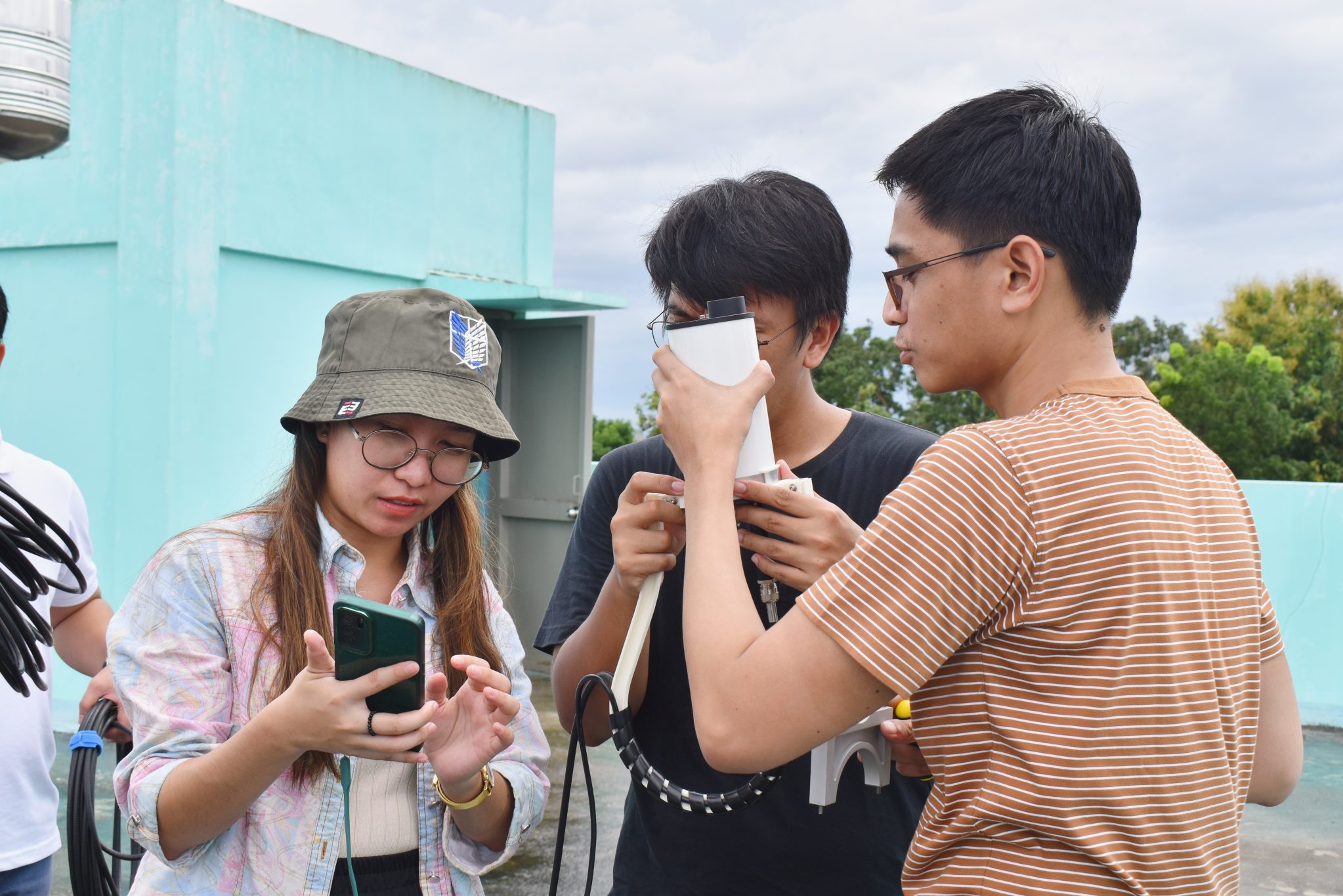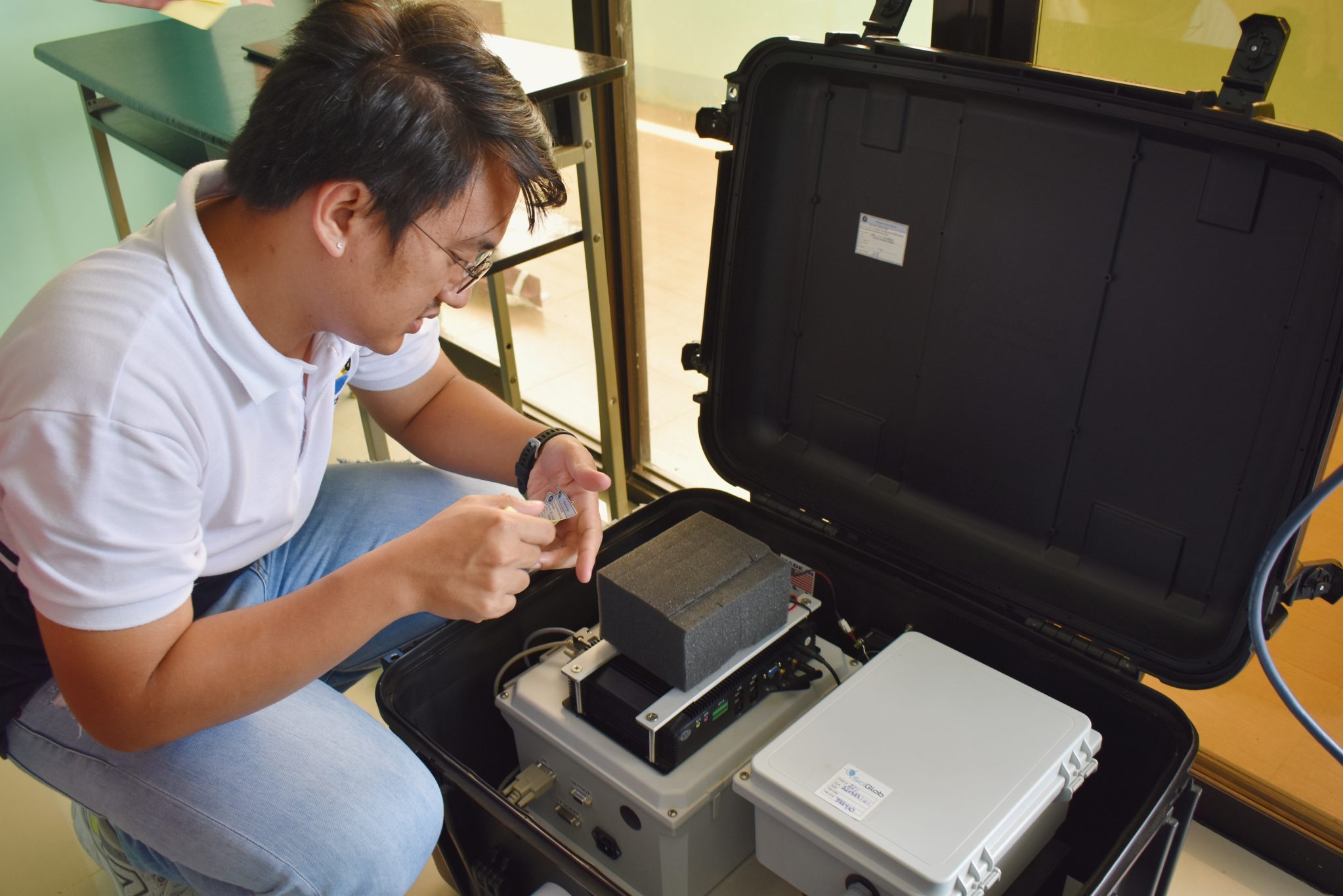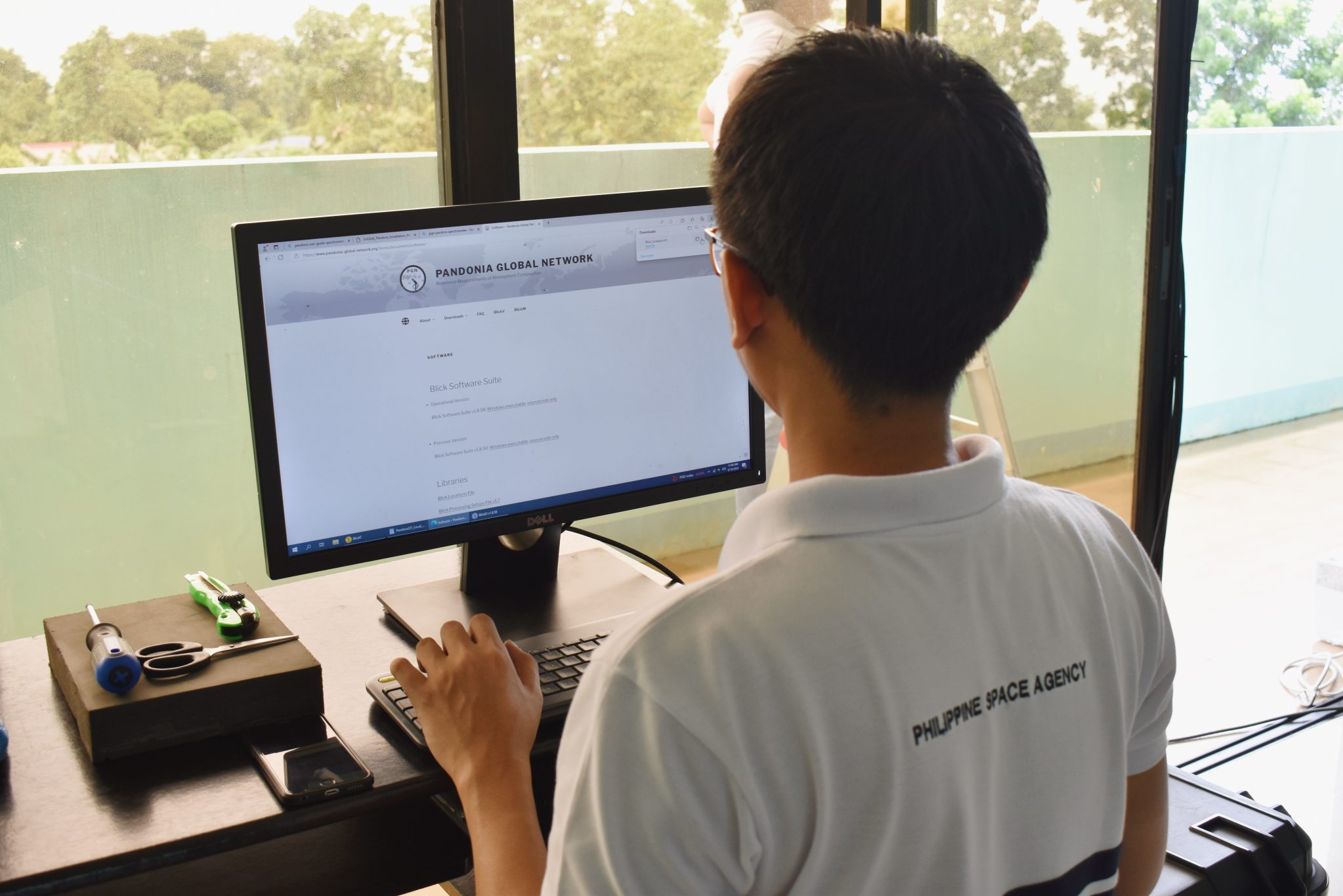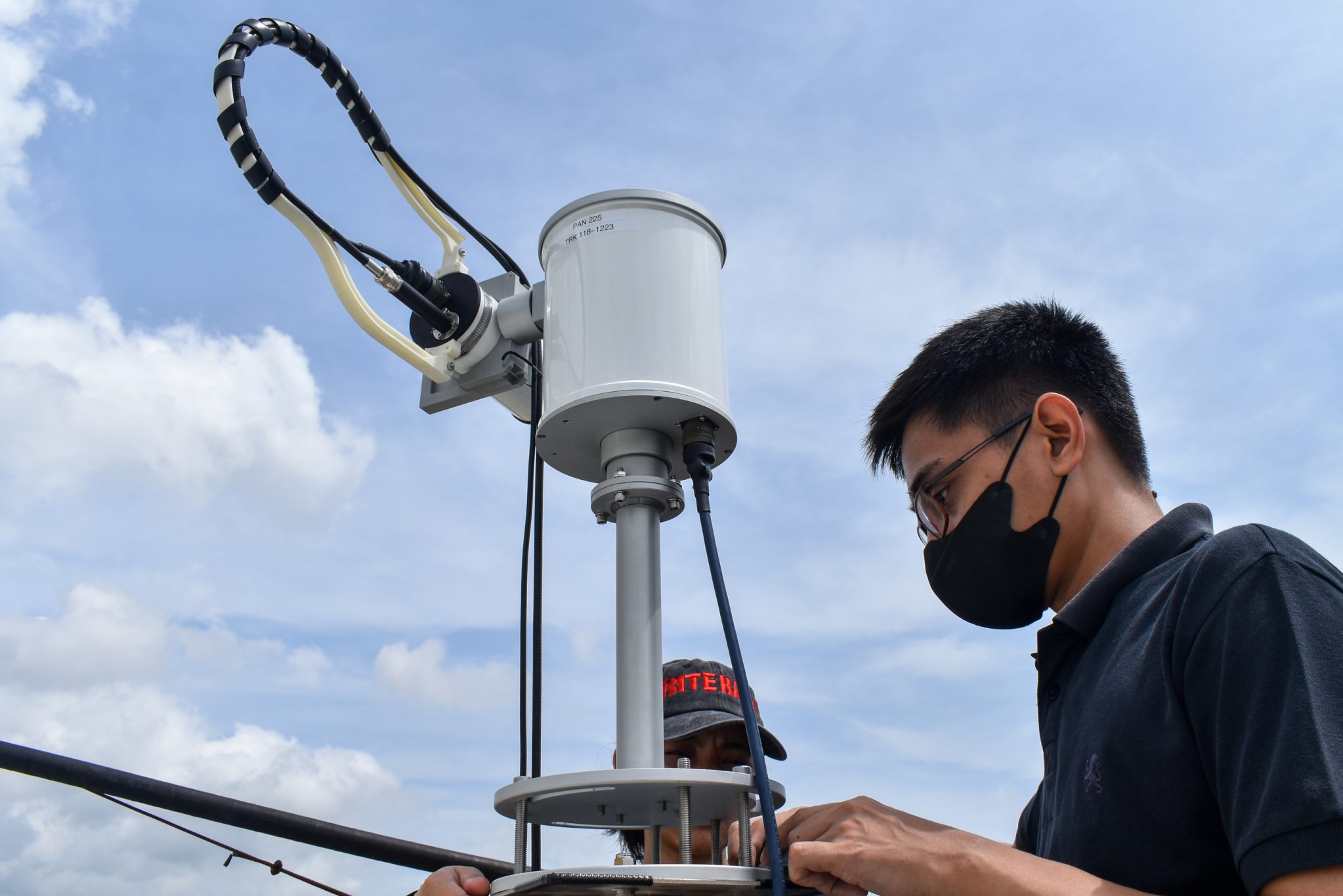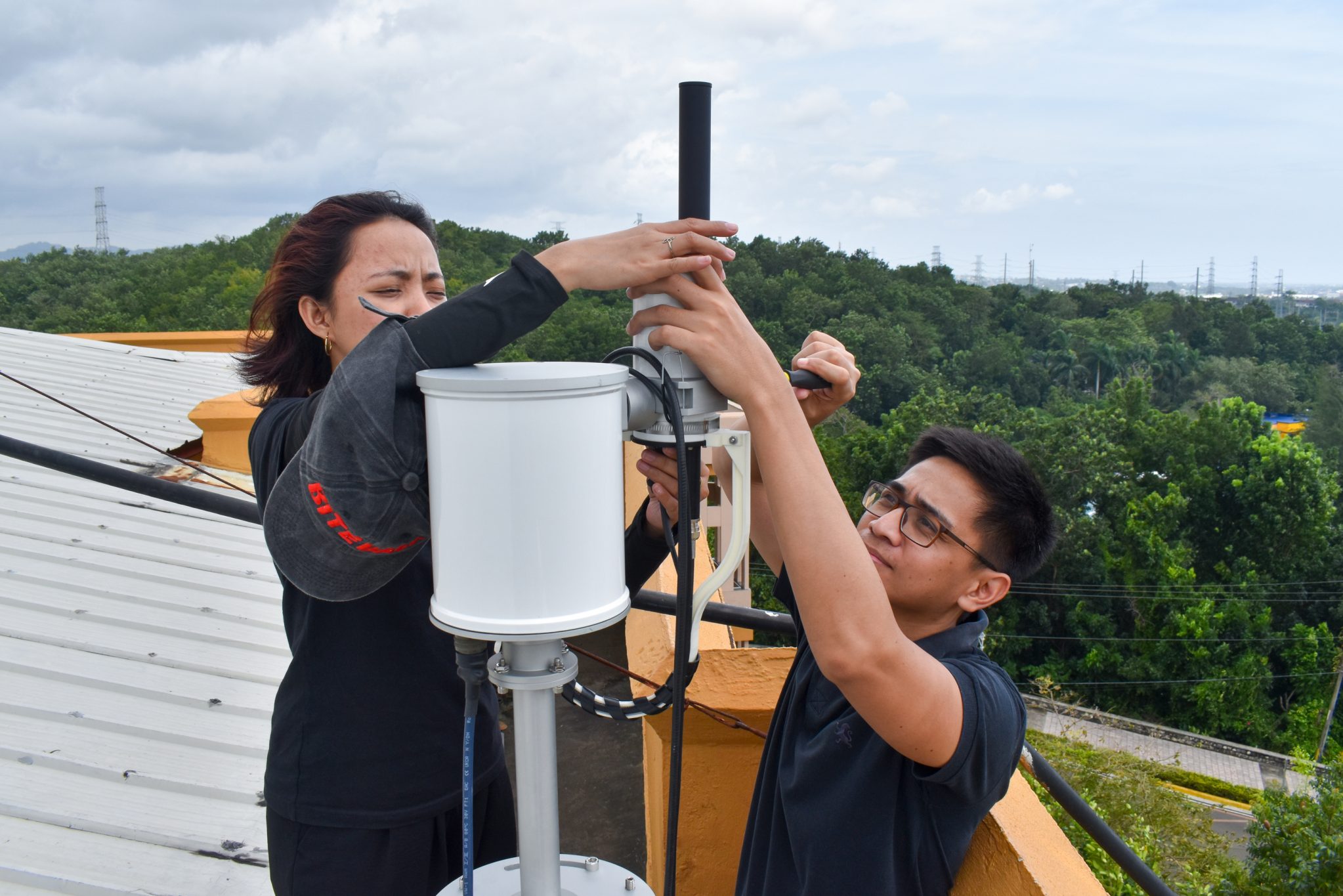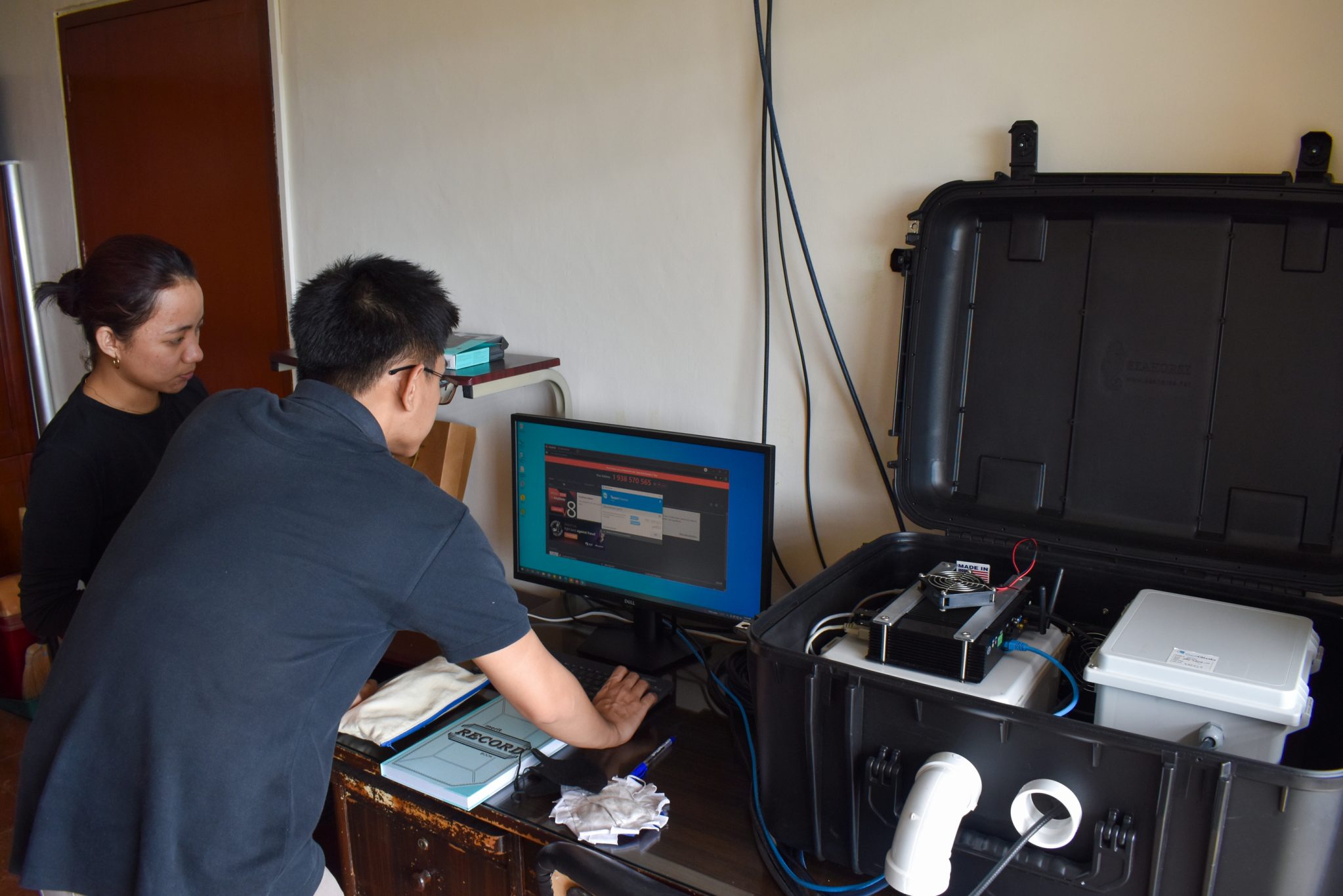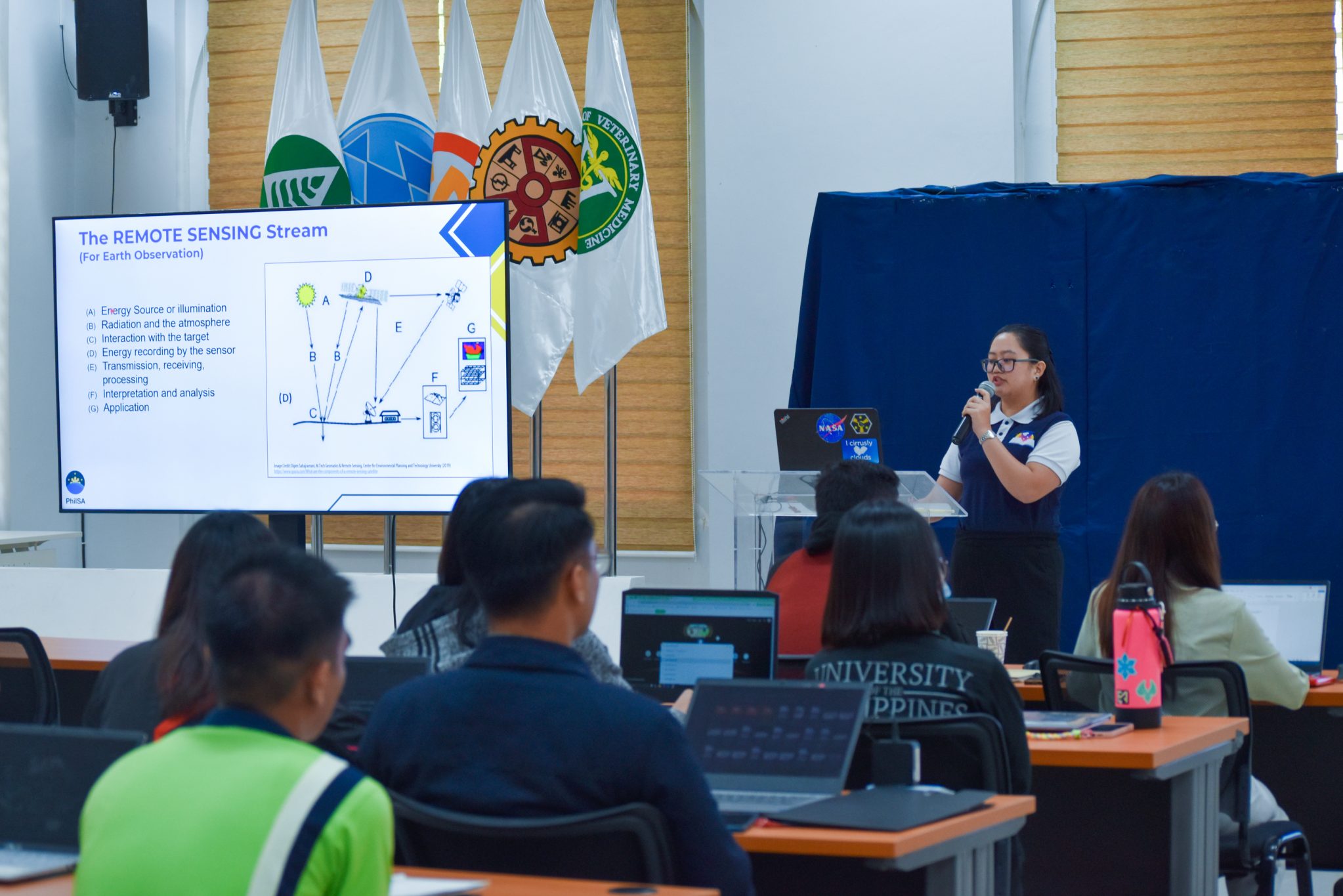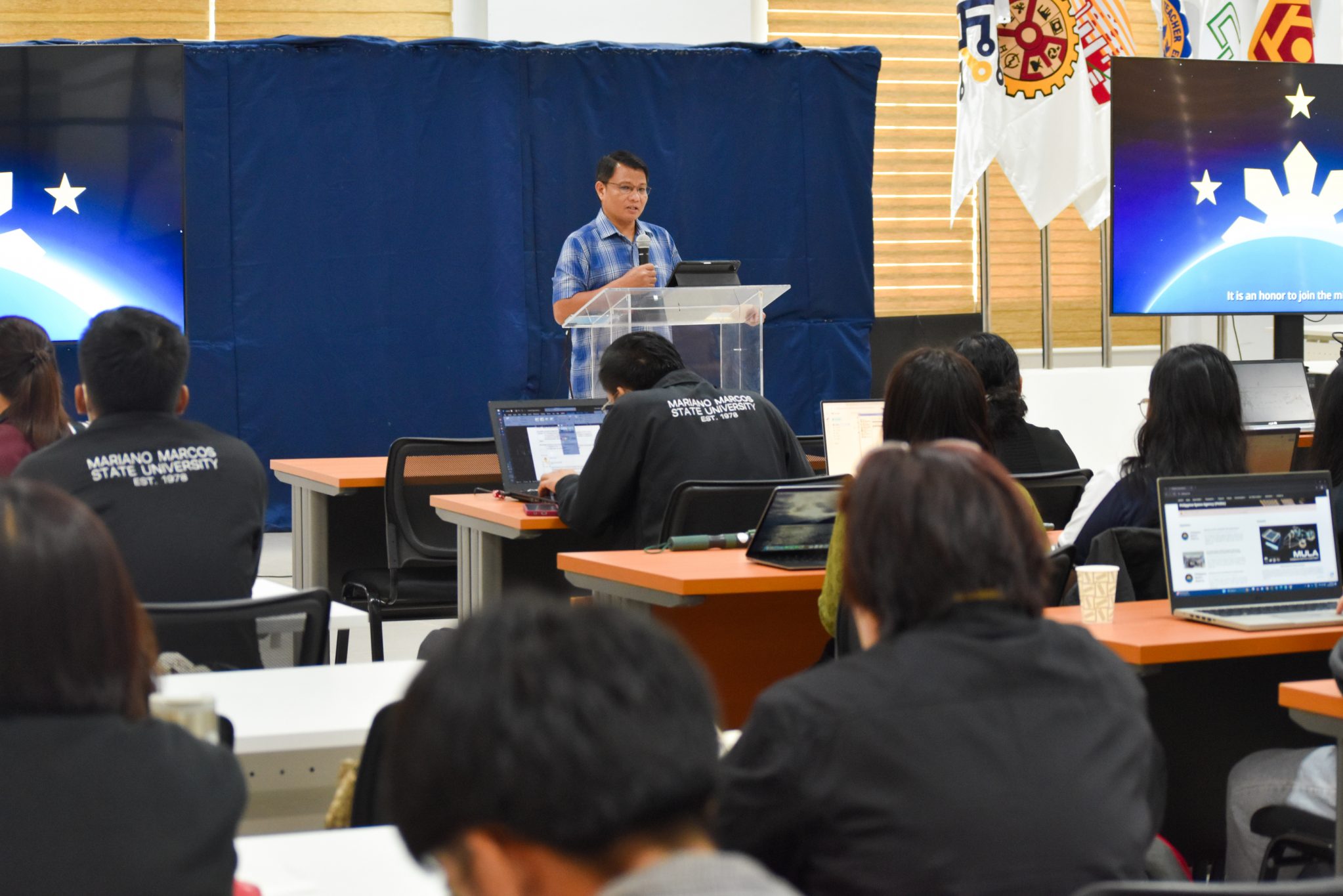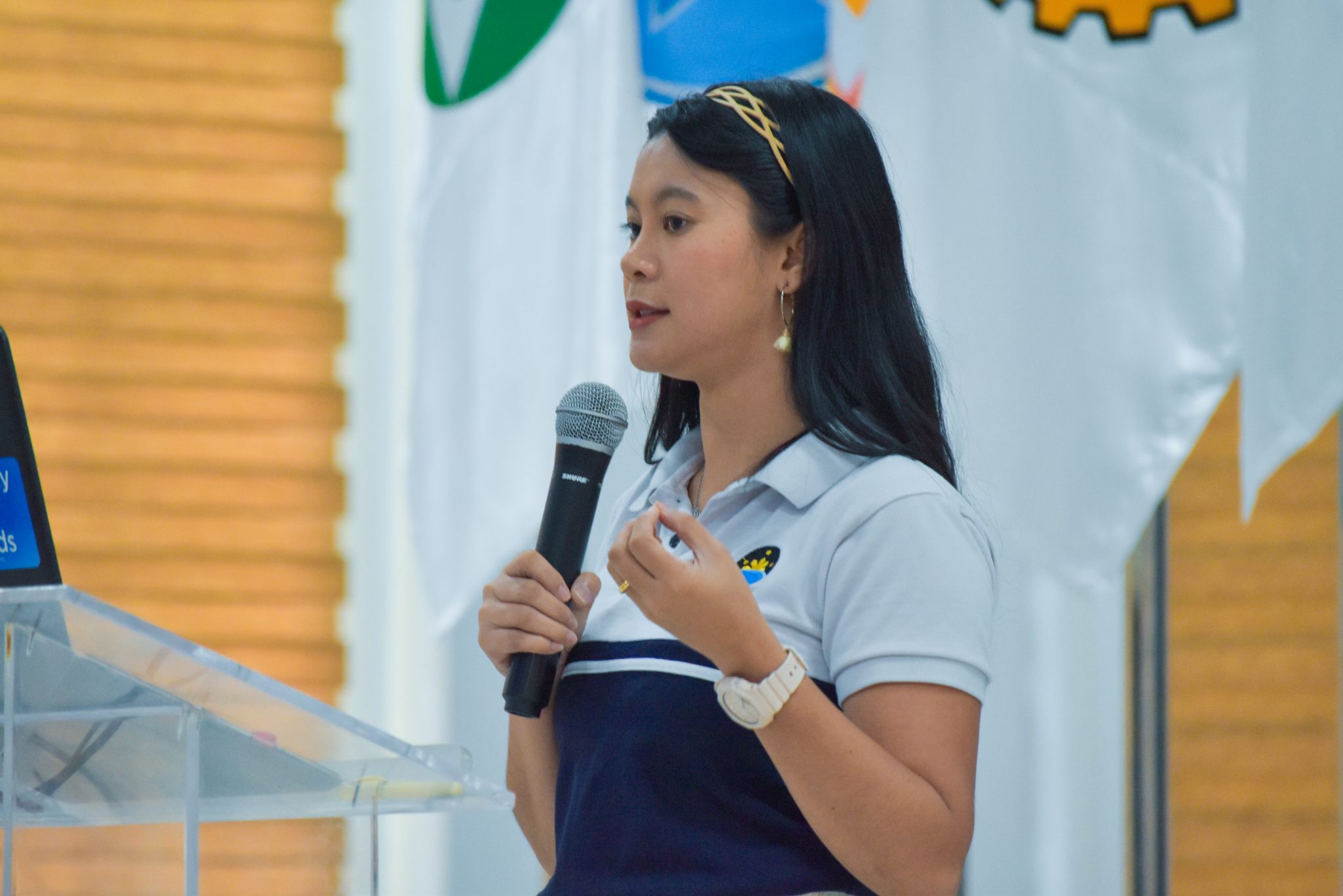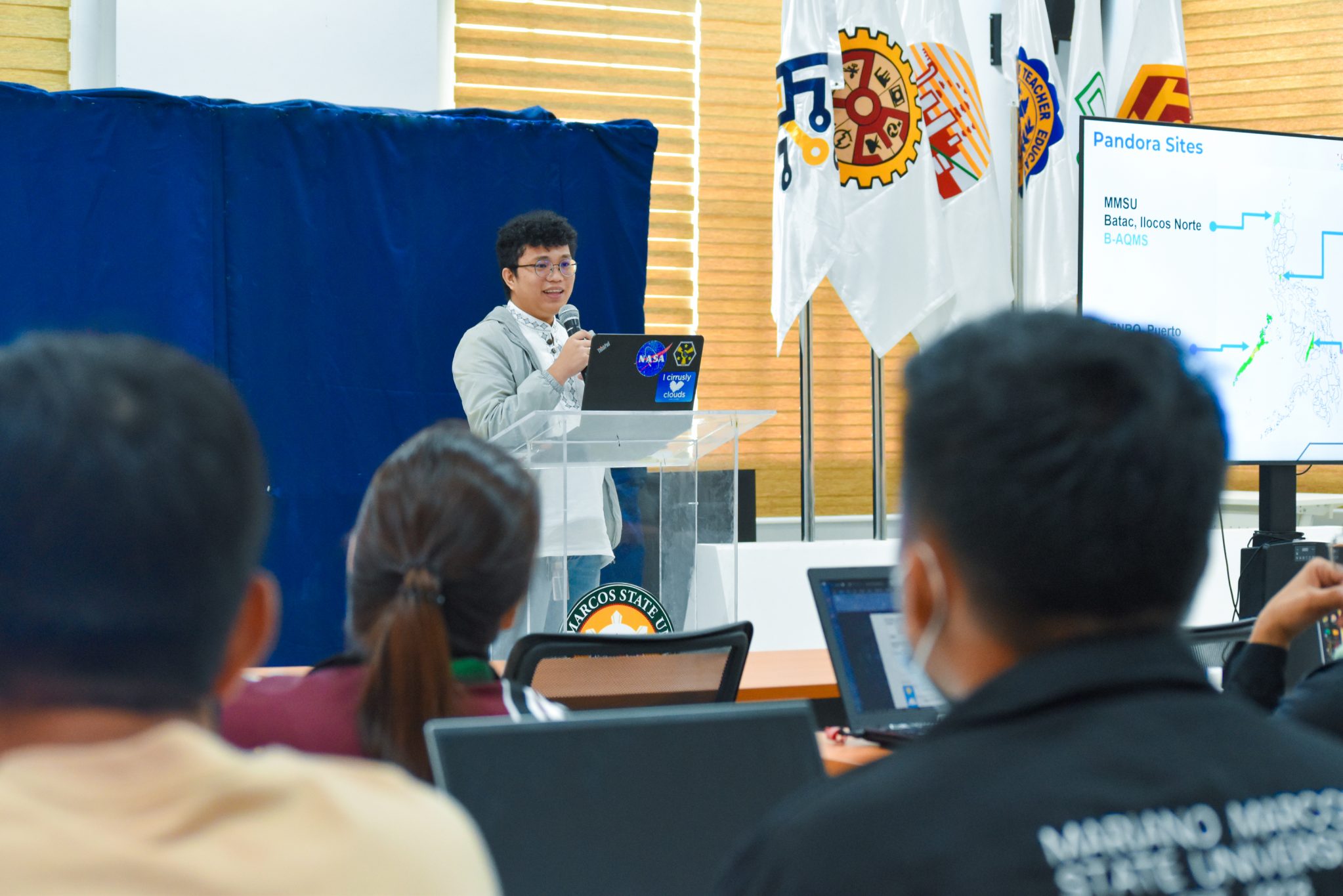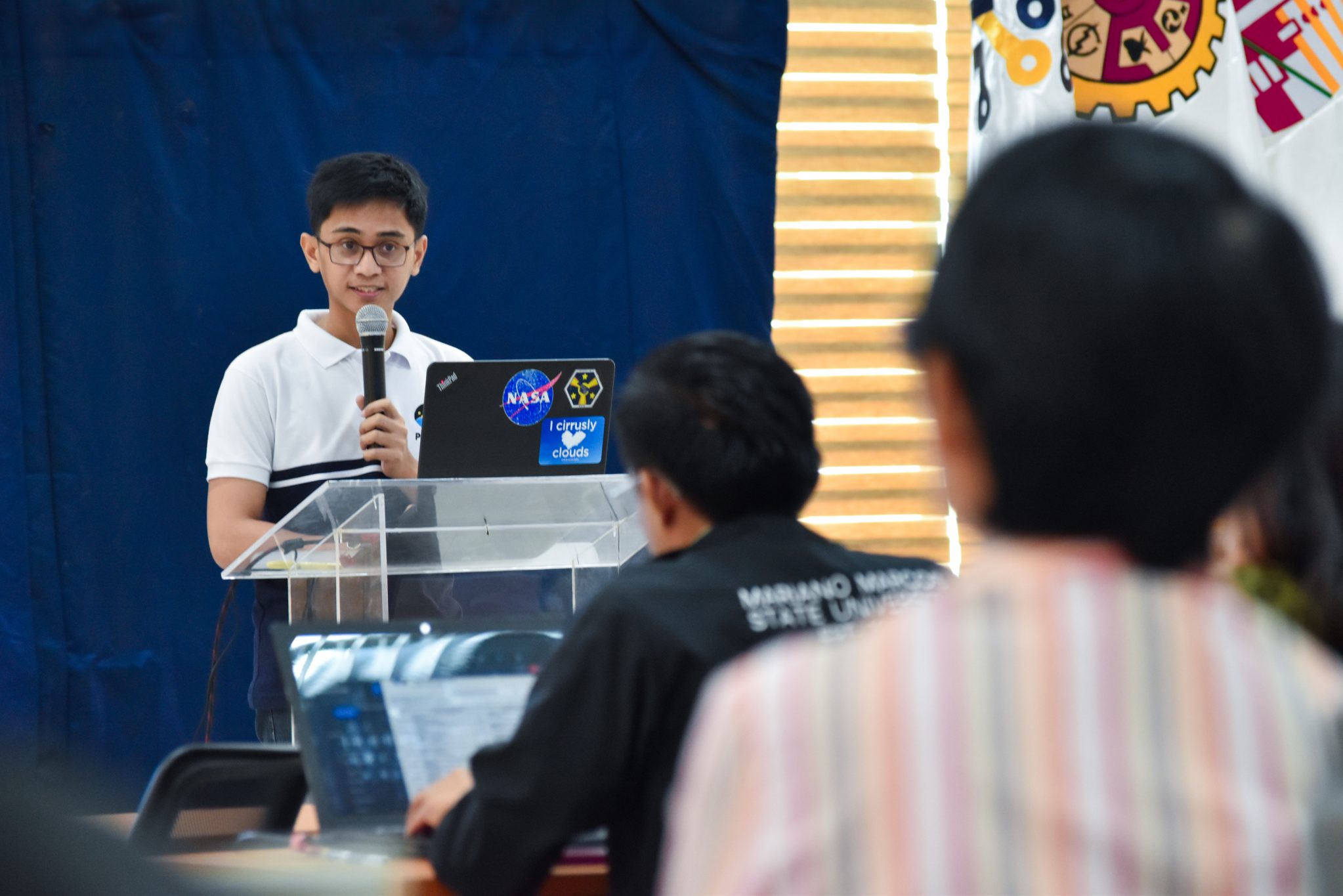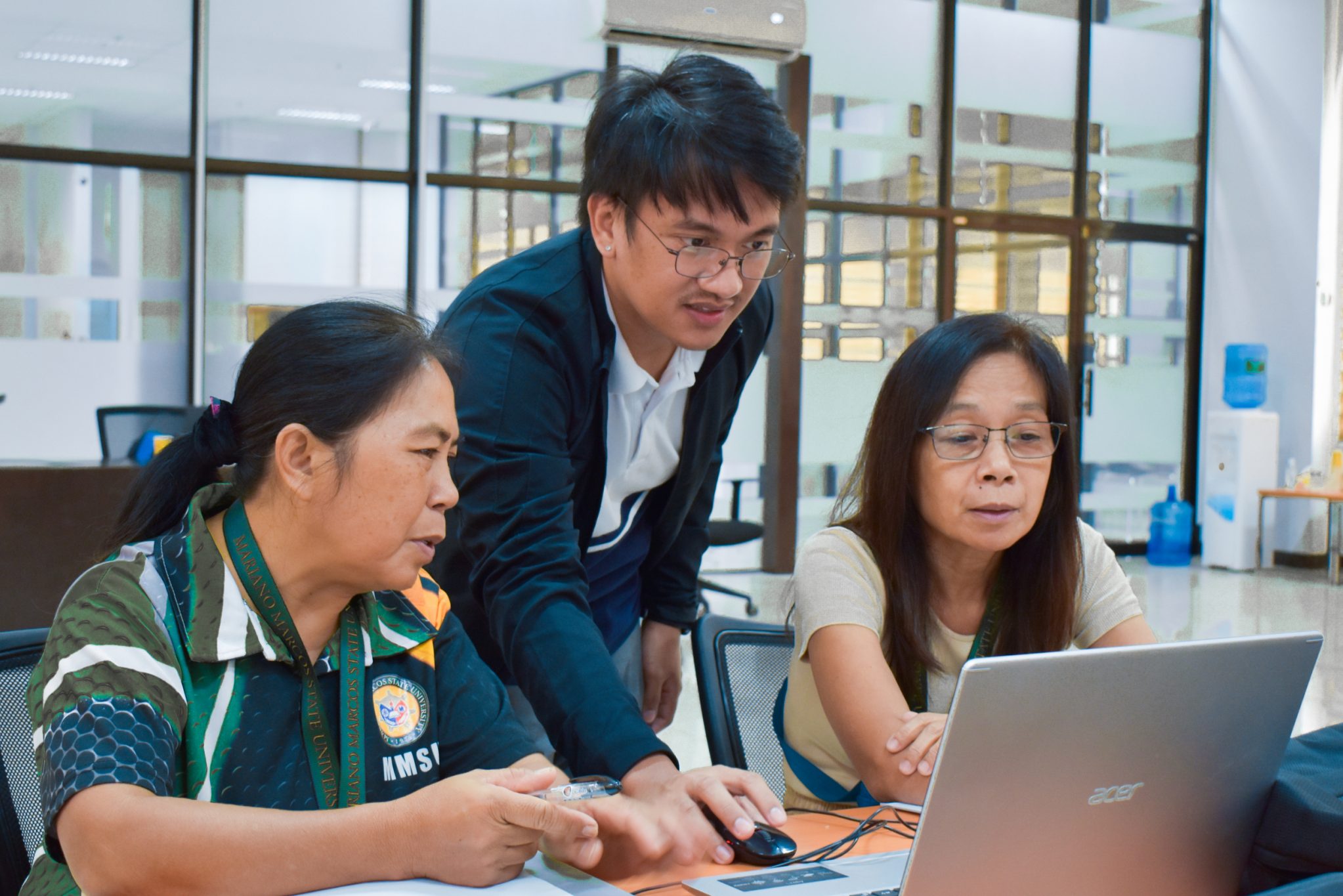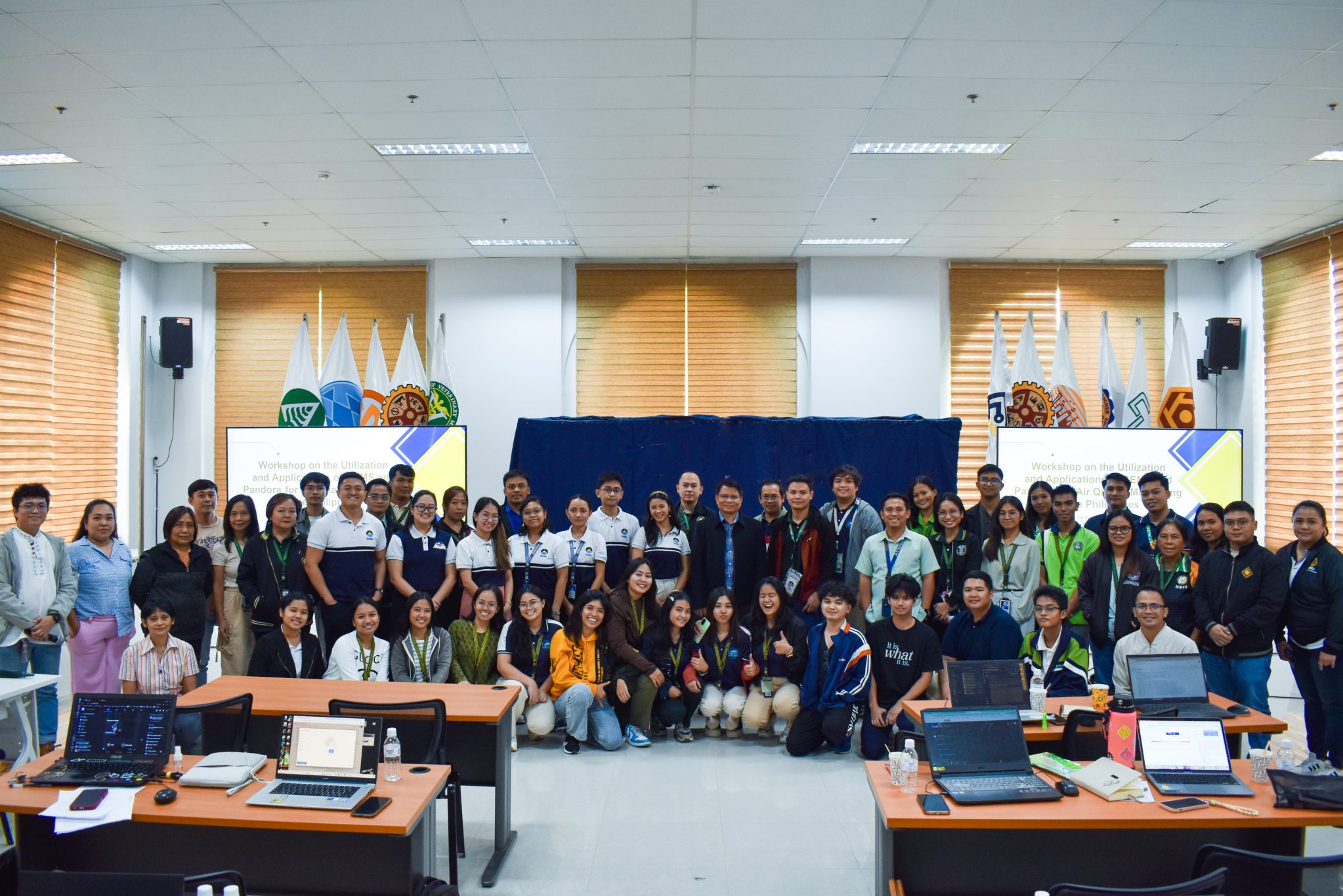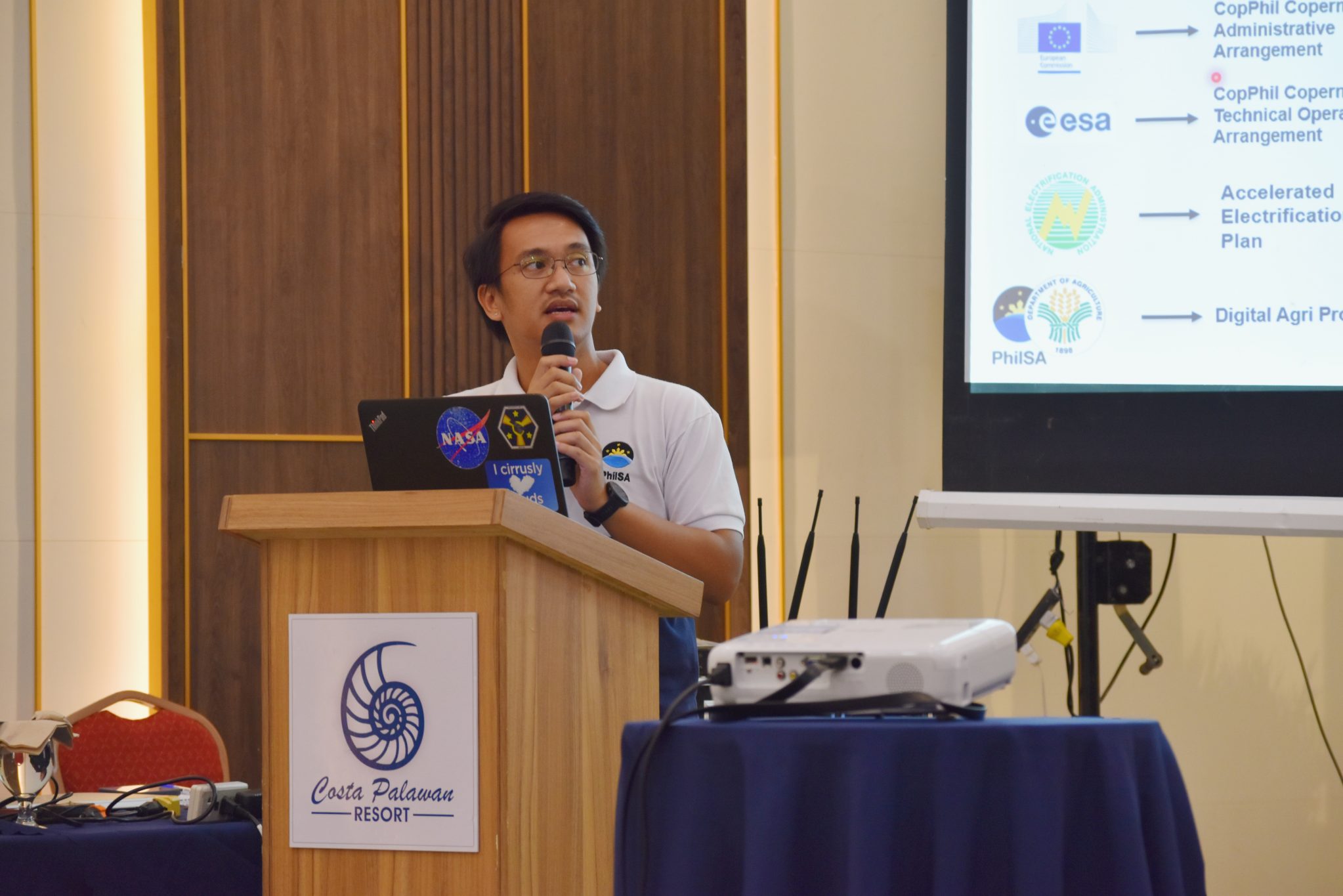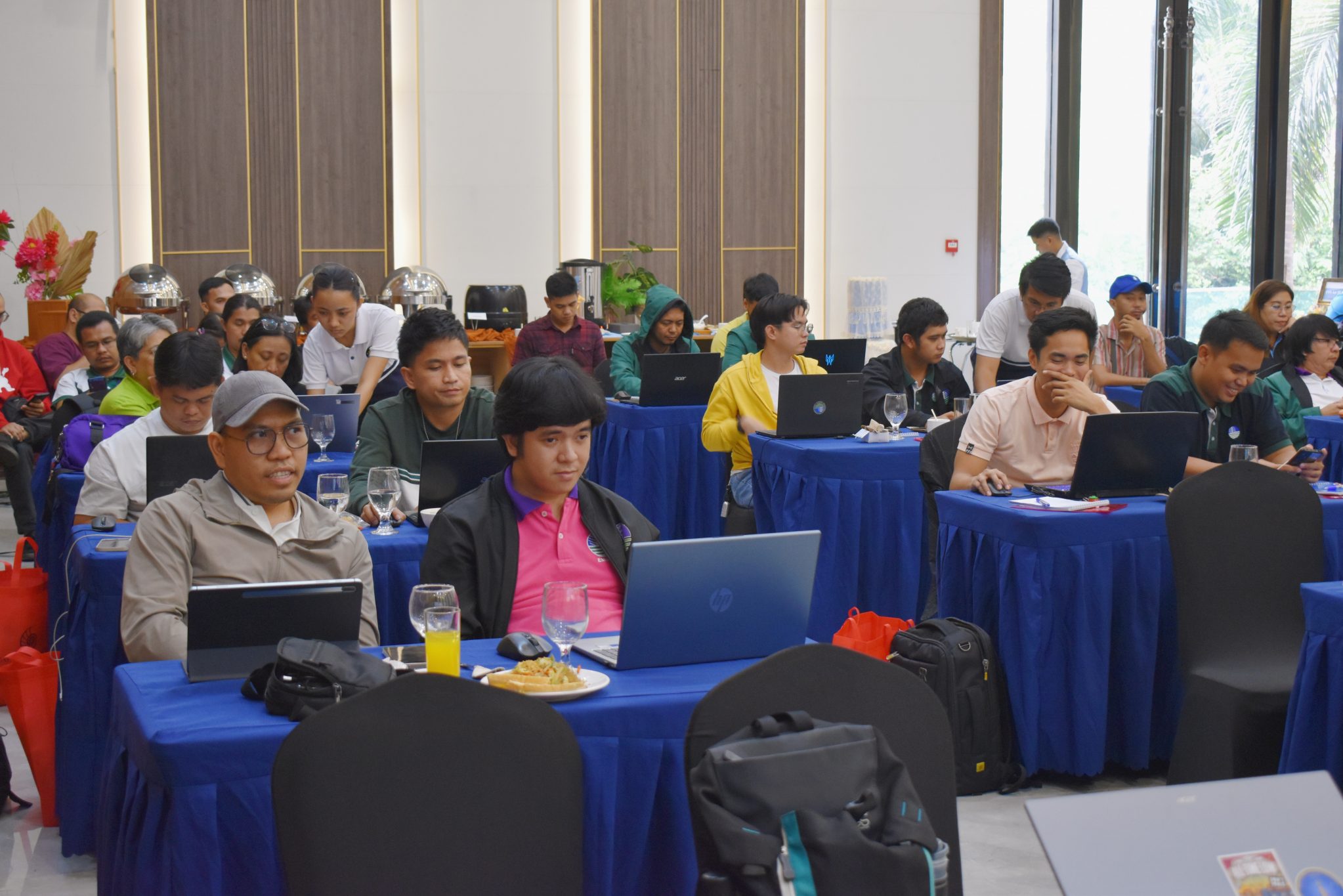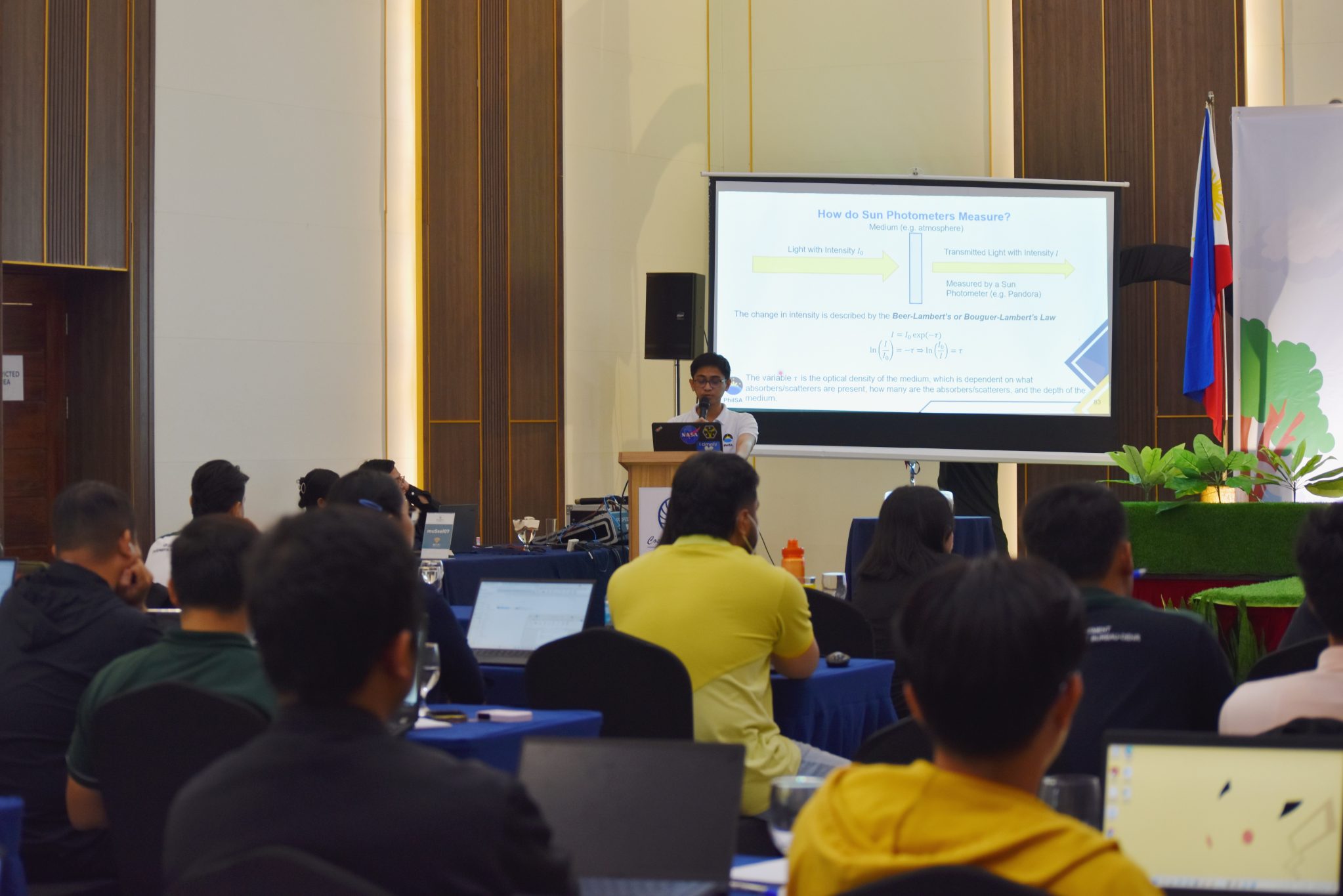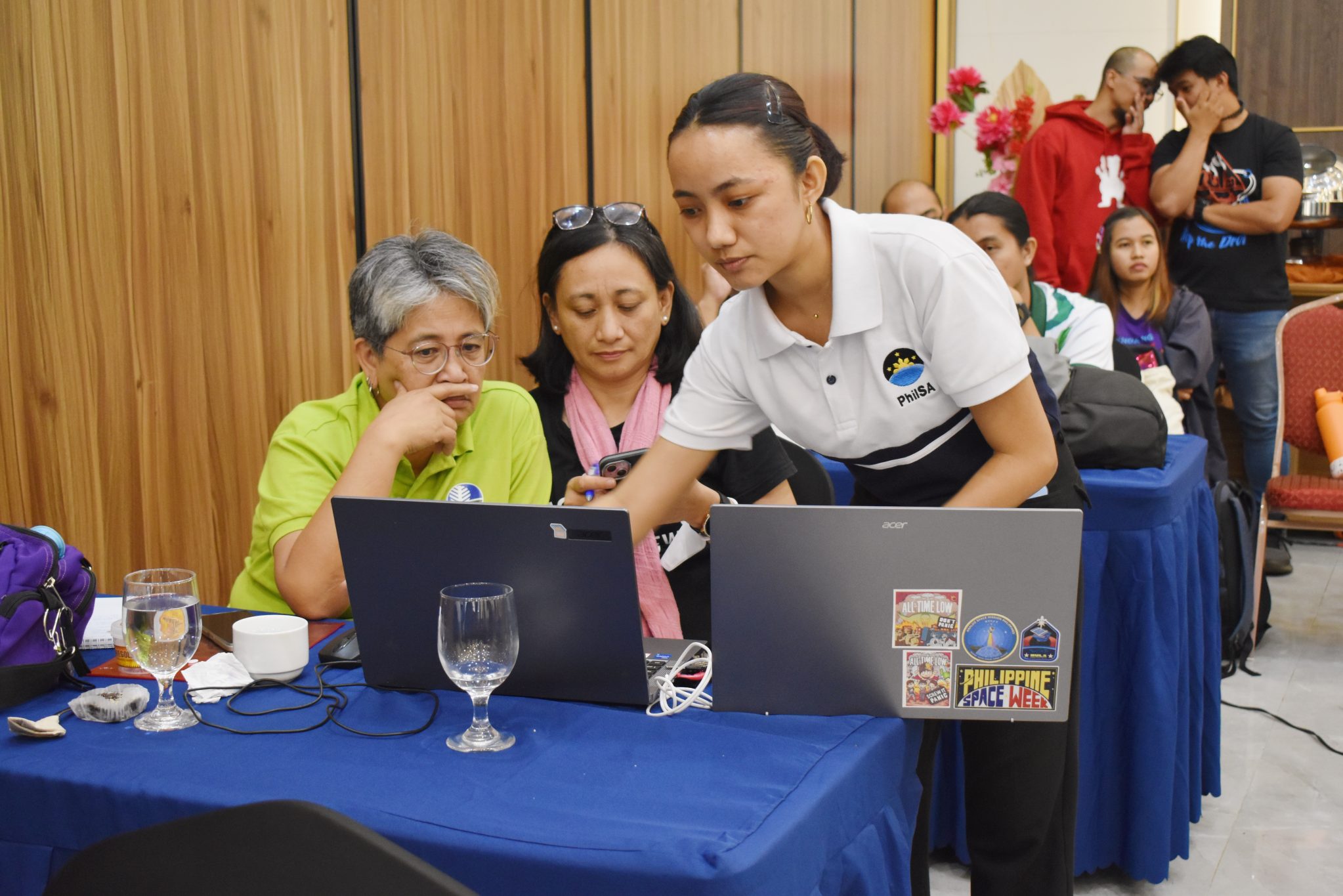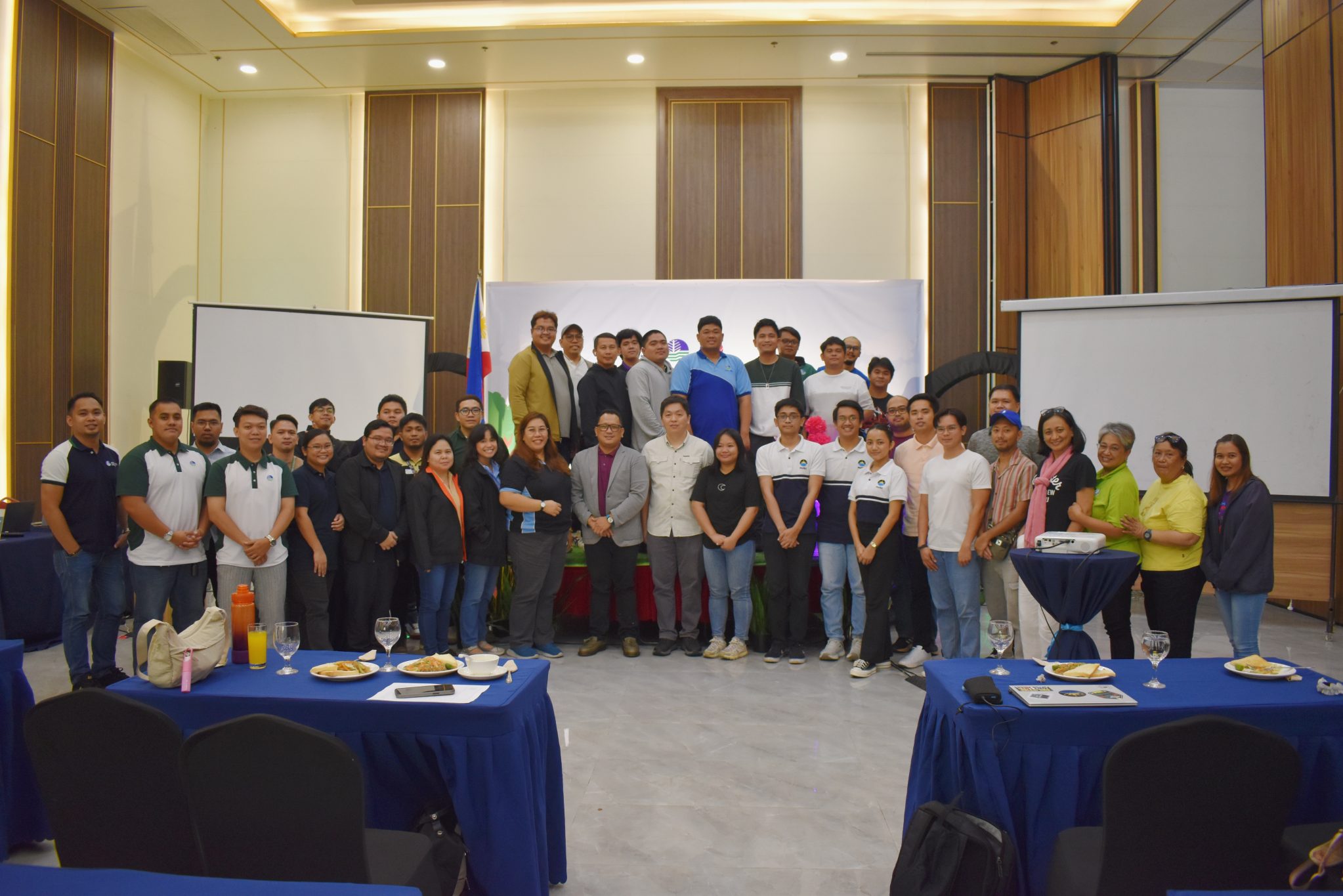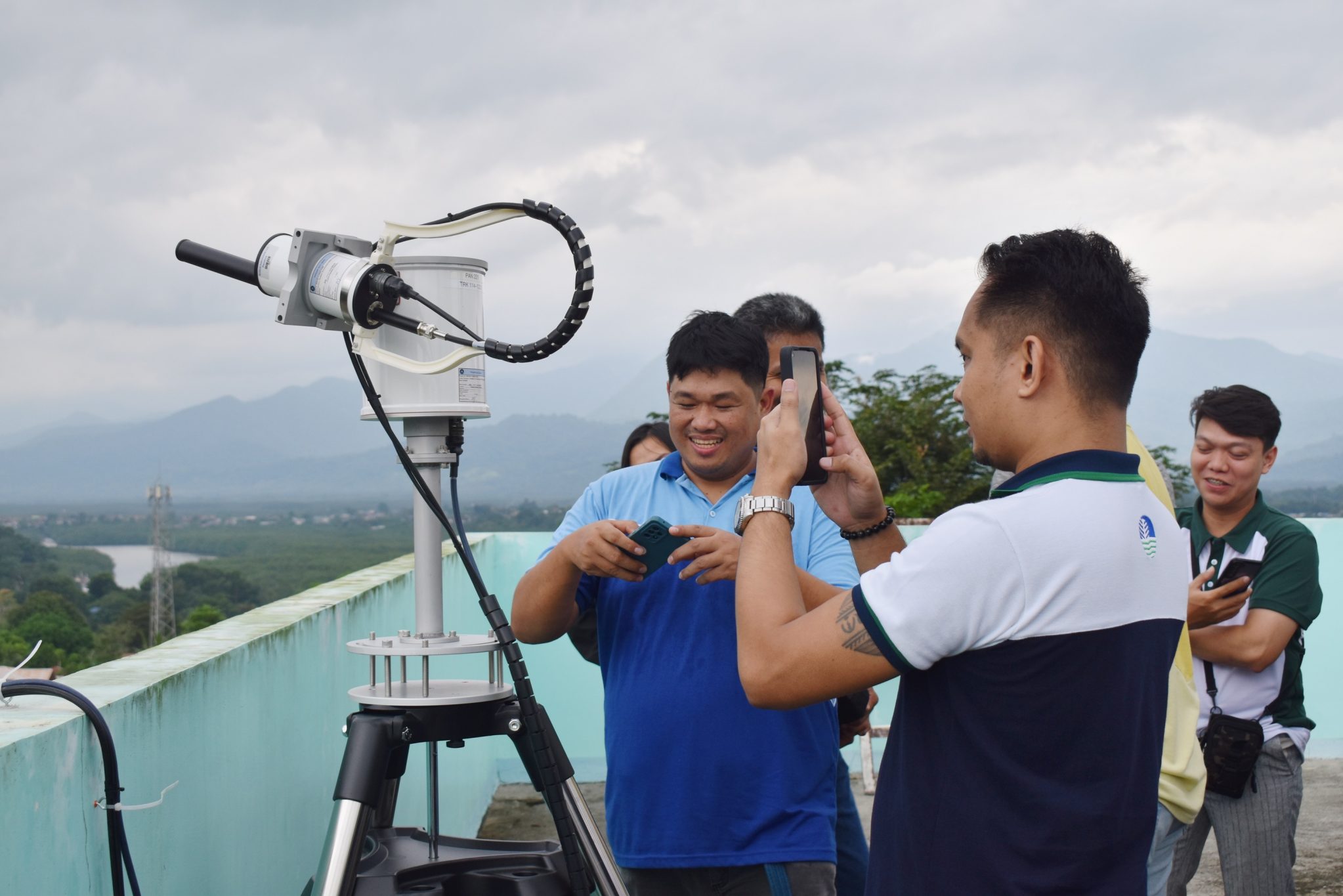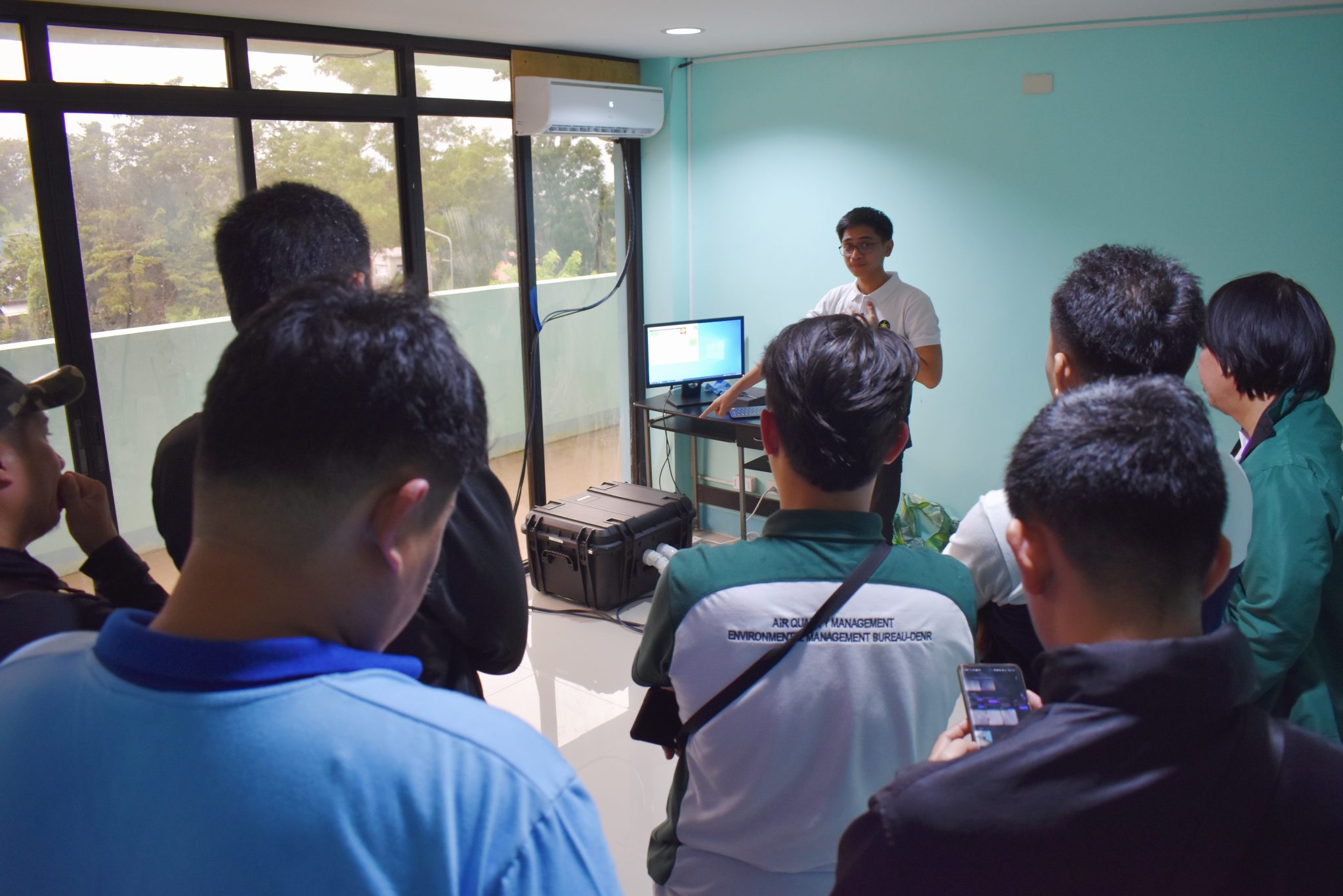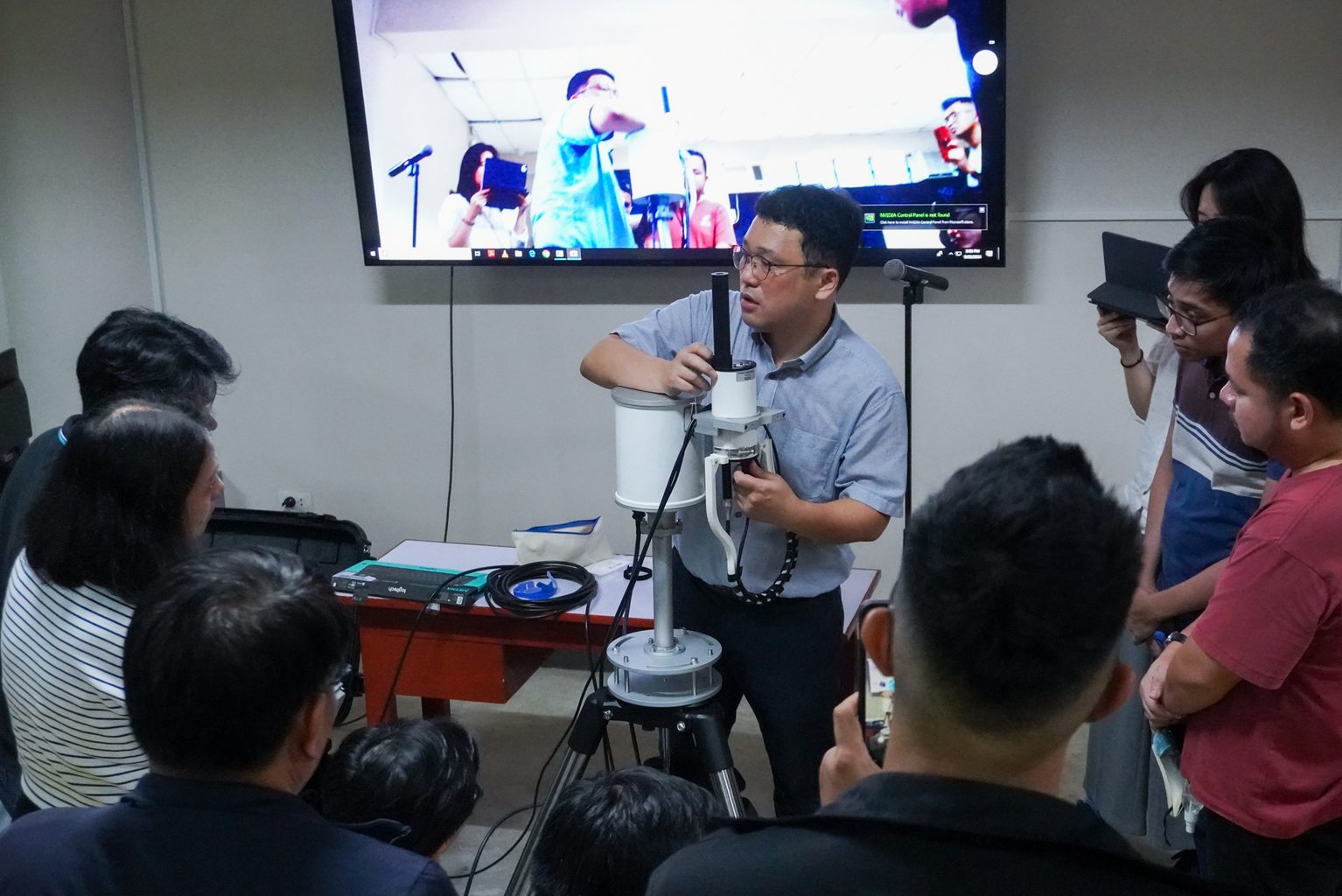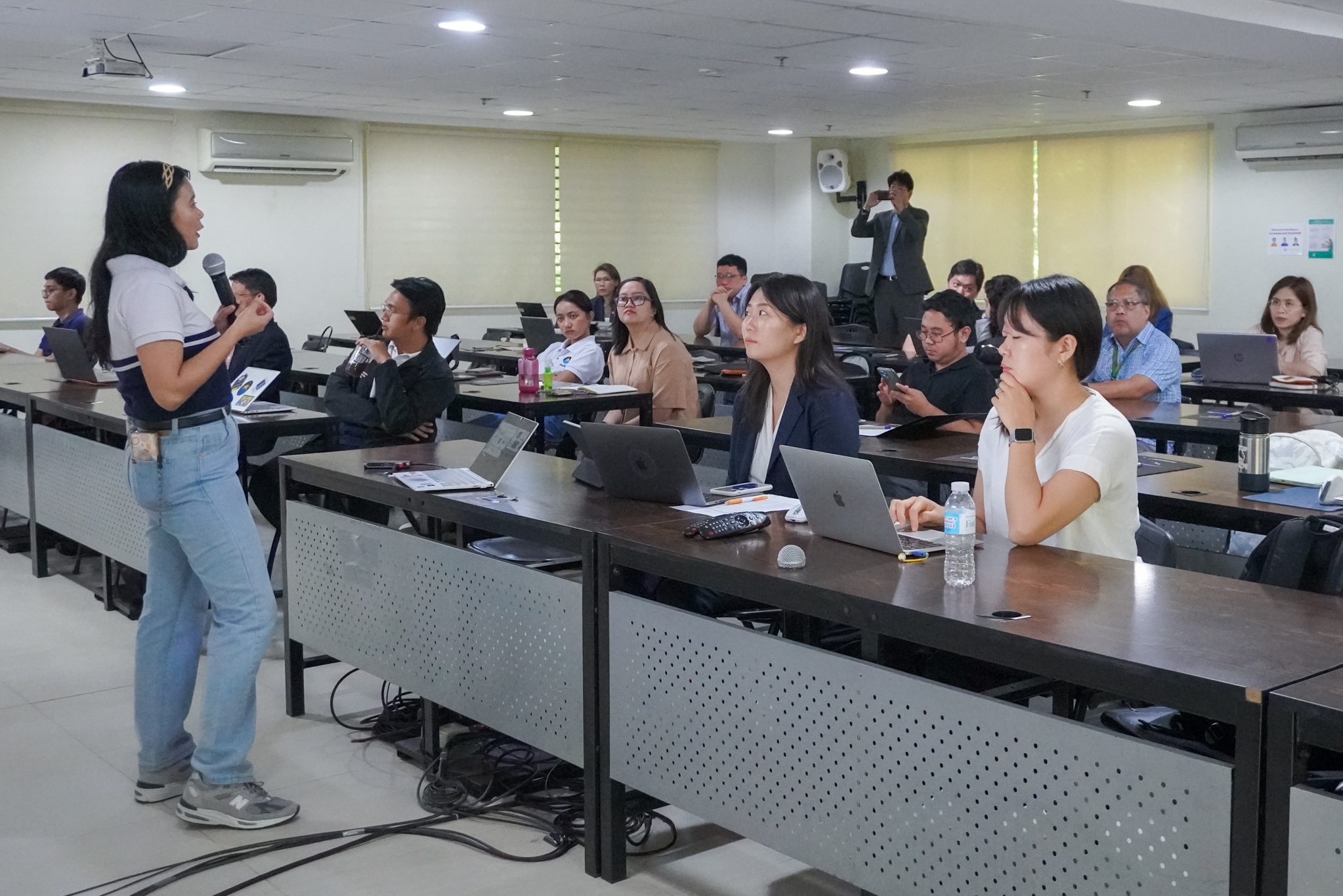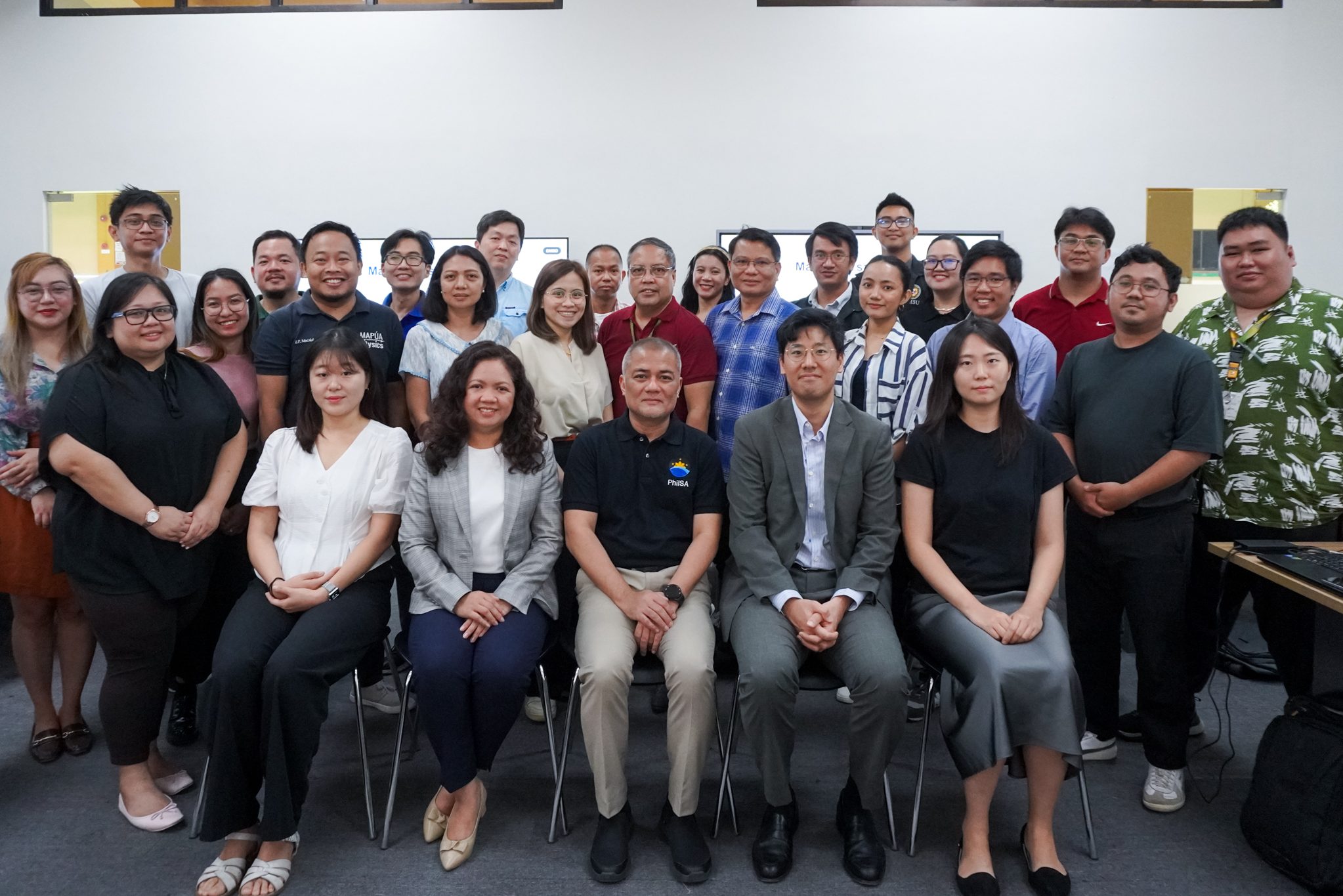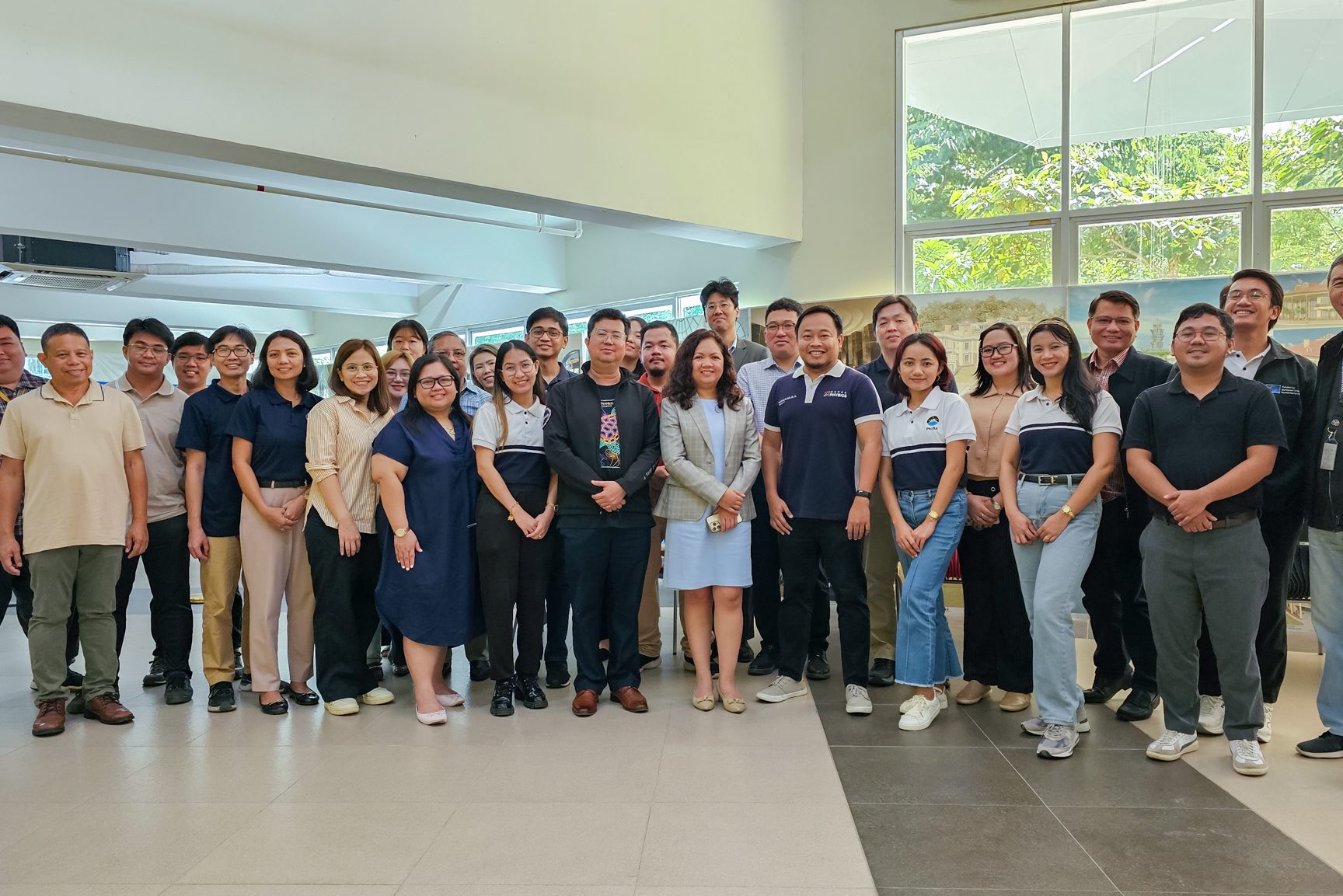The Philippine Space Agency (PhilSA) has expanded the country’s air quality monitoring capabilities with the installation of Pandora spectrometers at three key sites across the Philippines this year. The instruments were successfully deployed at the Mariano Marcos State University (MMSU) in Batac, Ilocos Norte on 02 September; the Provincial Environmental Management Unit (PEMU) in Puerto Princesa, Palawan on 18 September; and the University of San Carlos (USC)-Talamban Campus in Cebu City on 25 October.
Following the ceremonial turnover of Pandora instruments in Quezon City on 12 August 2024, a total of four Pandora instruments are now fully operational across the Philippines. The first was deployed at the Manila Observatory on 19 July 2024.
Complemented by capacity-building workshops, this initiative aims to enhance the Philippines’ air quality monitoring capabilities and support the development of evidence-based environmental policies.
The Pandora spectrometers, installed with the support of the Korea International Cooperation Agency (KOICA), measure air quality within a 500-meter to 10-kilometer range during daylight hours. Their ground-based data will be integrated with observations from the Geostationary Environment Monitoring Spectrometer (GEMS) aboard the Geo-KOMPSAT 2B satellite, which monitors air quality from a geostationary orbit.
Training workshops to maximize utilization of Pandora and GEMS satellite
To ensure the effective use of the Pandora air quality monitoring instruments, PhilSA conducted a series of hands-on training workshops at each installation site. These workshops emphasized the integration of data from the ground-based Pandora instrument and GEMS satellite instrument for the creation of a nationwide air quality map— a crucial tool for policy development and planning.
The first workshop, held on 04 September at MMSU in Ilocos Norte, engaged university students, researchers, and faculty. Participants explored sustainable applications of Pandora and GEMS data to address air quality challenges in the northern part of the Philippines.
On 18 September, PhilSA hosted another training workshop in Costa Palawan Resort, Palawan during the 2024 National Air Quality Management Workshop organized by the Department of Environment and Natural Resources-Environmental Management Bureau (DENR-EMB). This session provided participants with the technical knowledge and skills needed to utilize air quality data in policy development and environmental planning.
The series concluded with a workshop from 25 to 27 September 2024, hosted by the USC Talamban Campus in Cebu. This event brought together all local operators including MMSU, DENR-EMB, and Manila Observatory, alongside other stakeholders such as Mapúa University, University of the Philippines Diliman, and Department of Science and Technology-Advanced Science and Technology Institute (DOST-ASTI). Sponsored by the United Nations Economic and Social Commission for Asia and the Pacific (UN ESCAP), this workshop focused on strengthening the country’s capacity for air quality monitoring, building a network of Pandora and GEMS data users, and identifying additional needs for data applications.
Building local capacity for sustainable air quality management
Partner institutions, including MMSU, DENR-EMB, USC, and Manila Observatory, now oversee the operation and maintenance of the installed Pandora instruments in collaboration with PhilSA. The Agency’s primary role includes interpreting data from the Pandora instruments and integrating it with satellite-based observations from GEMS. Together, these data sources will enable the development of a comprehensive nationwide air quality map, vital for crafting effective strategies and action plans.
This initiative is part of PhilSA’s ongoing efforts under the Pan-Asia Partnership for Geospatial Air Pollution Information and the Pandora Asia Network (PAPGAPI-PAN) Philippines Project. By bridging air quality data gaps through the integration of satellite and ground-based monitoring systems, the project aims to improve air pollution management across the country while fostering a growing community of Pandora and GEMS data users.
With the continued operation of the Pandora spectrometers in Ilocos Norte, Palawan, Cebu, and Quezon City—PhilSA, along with the local operators, remains committed to advancing the nation’s capacity to monitor and manage air quality effectively.




